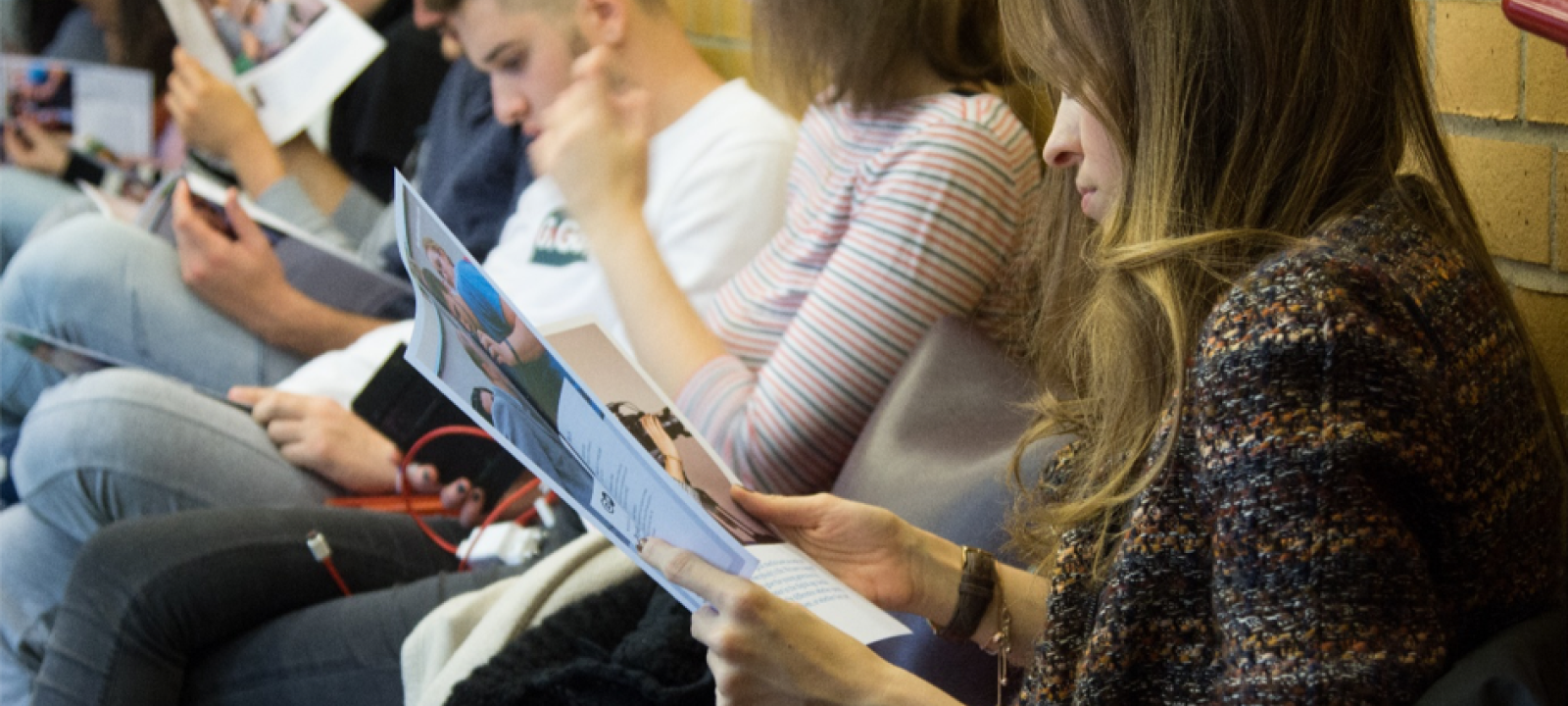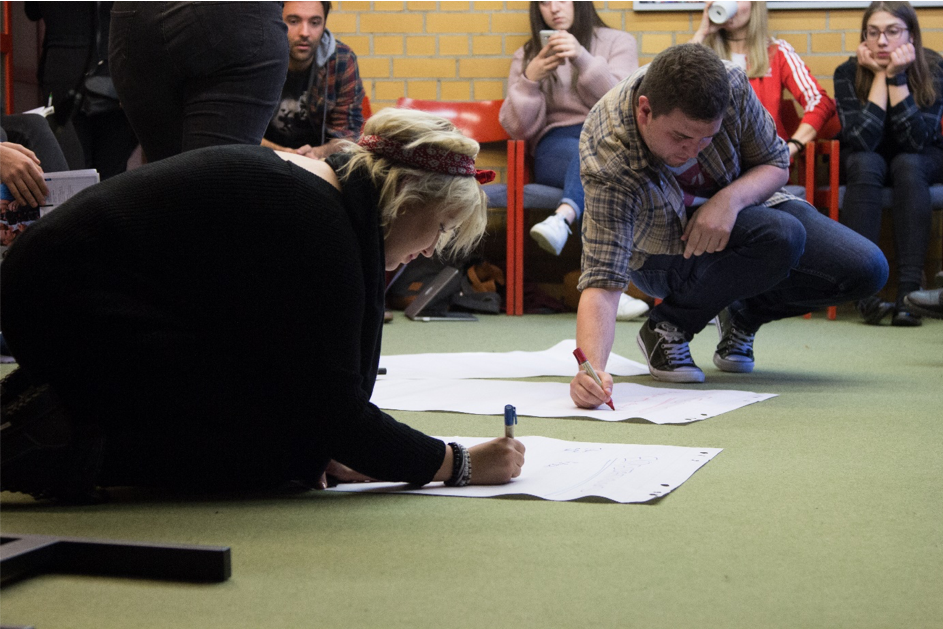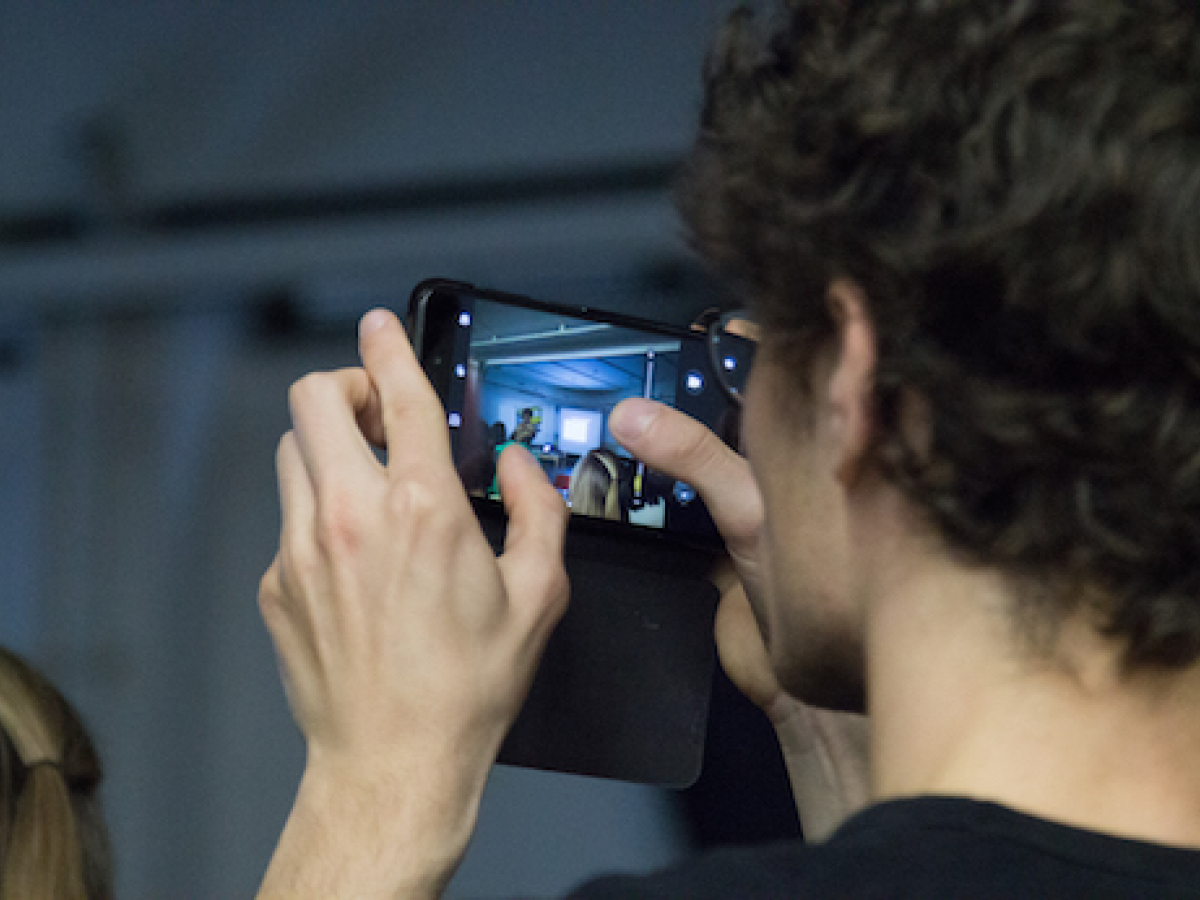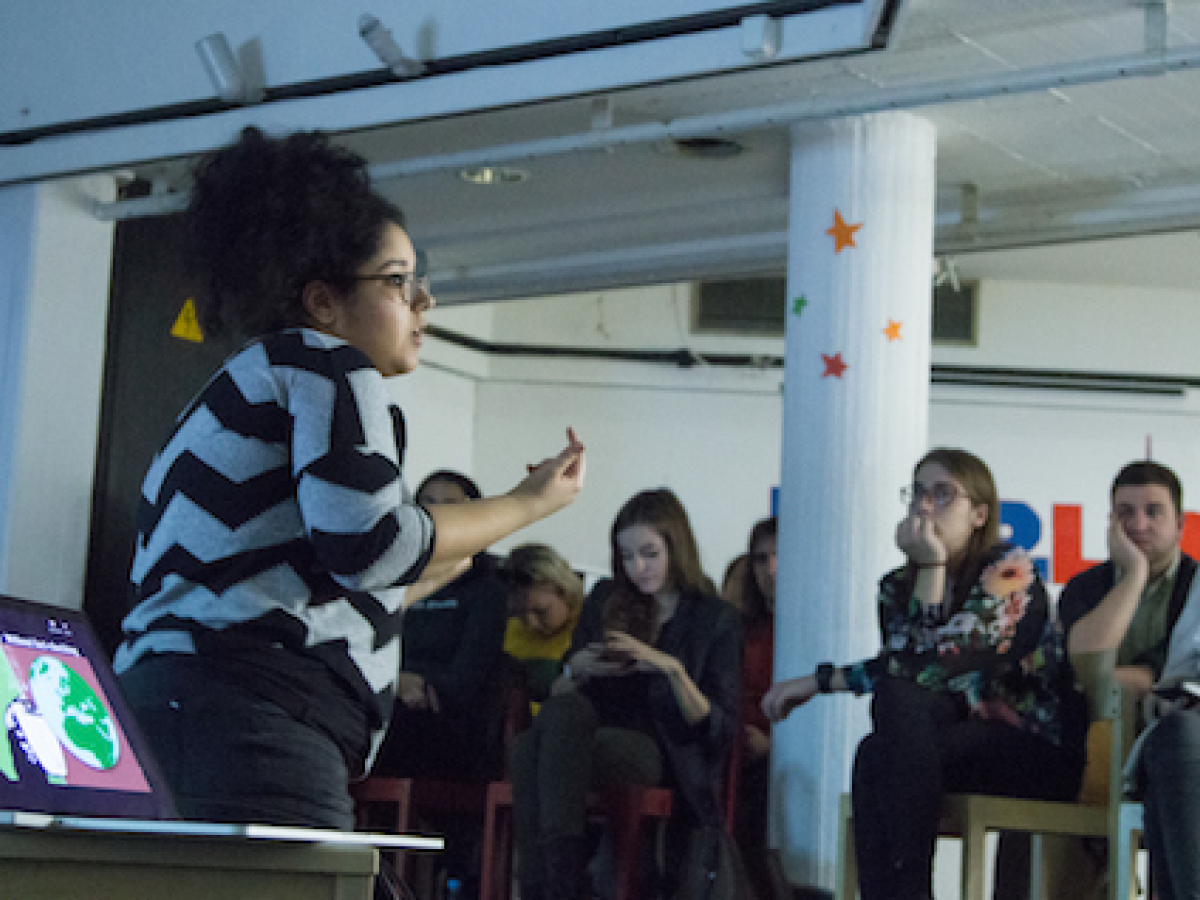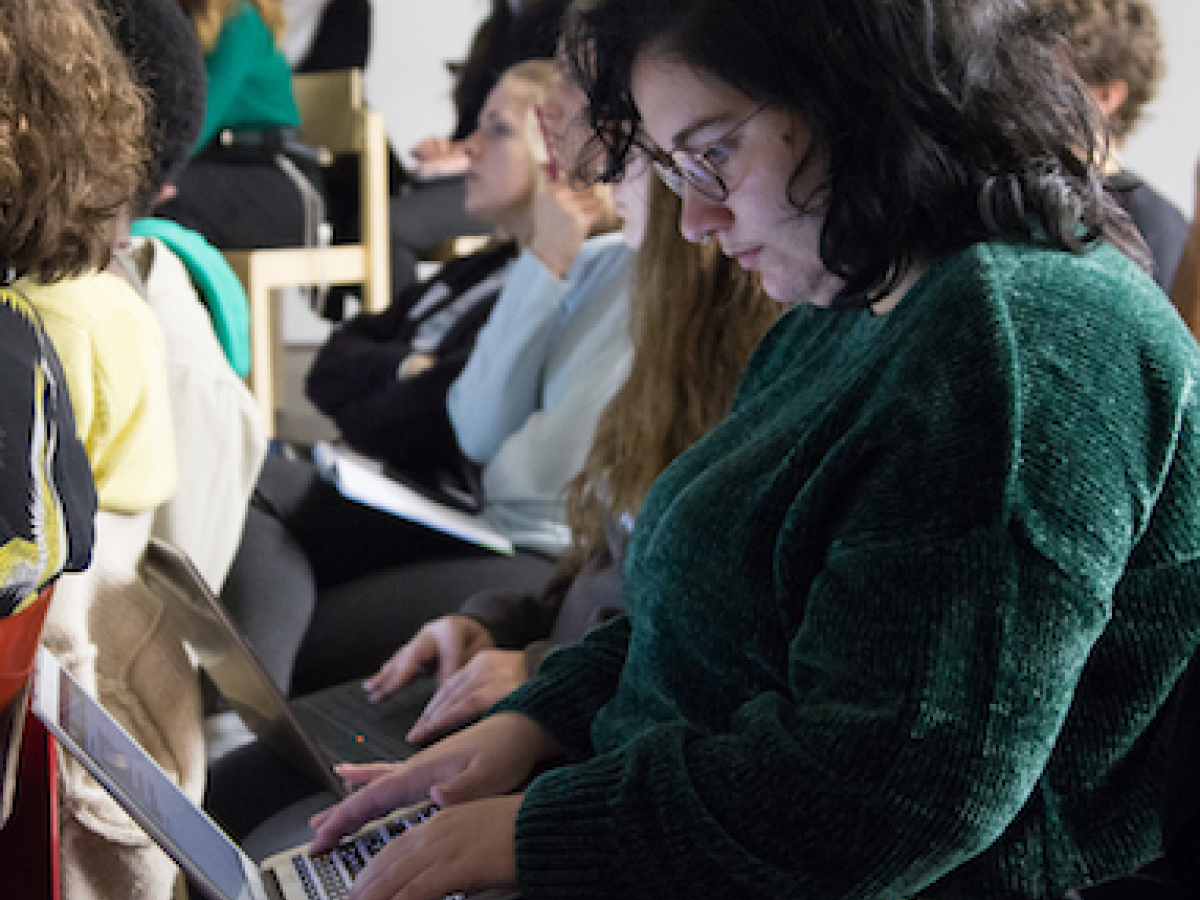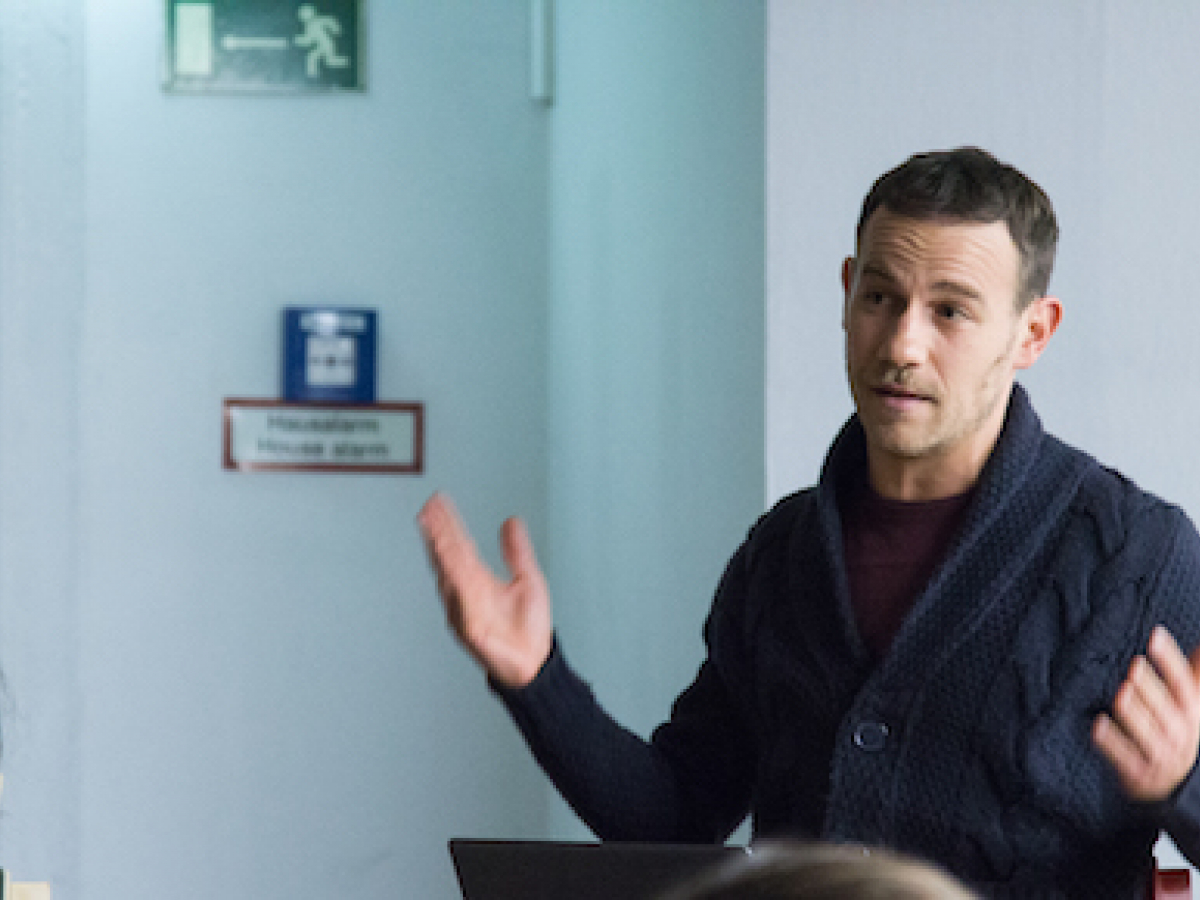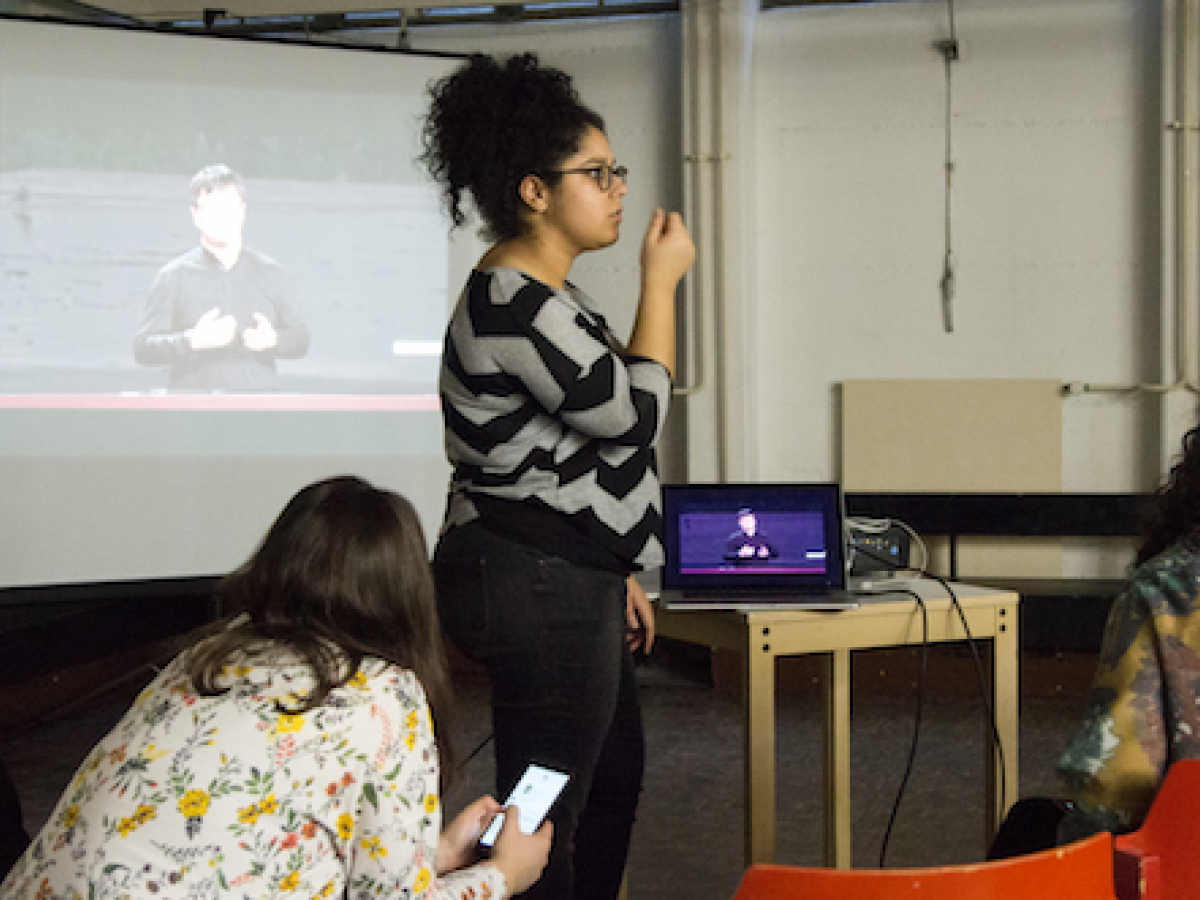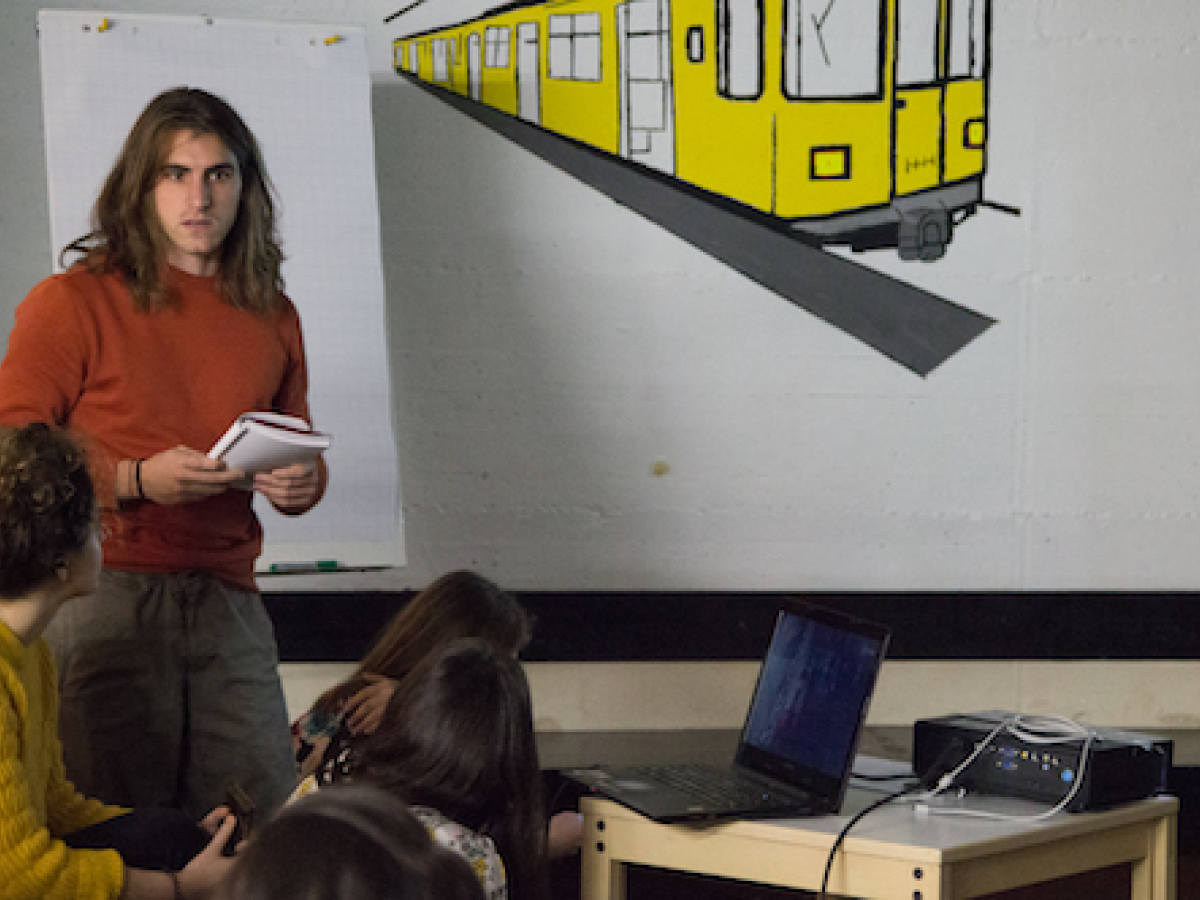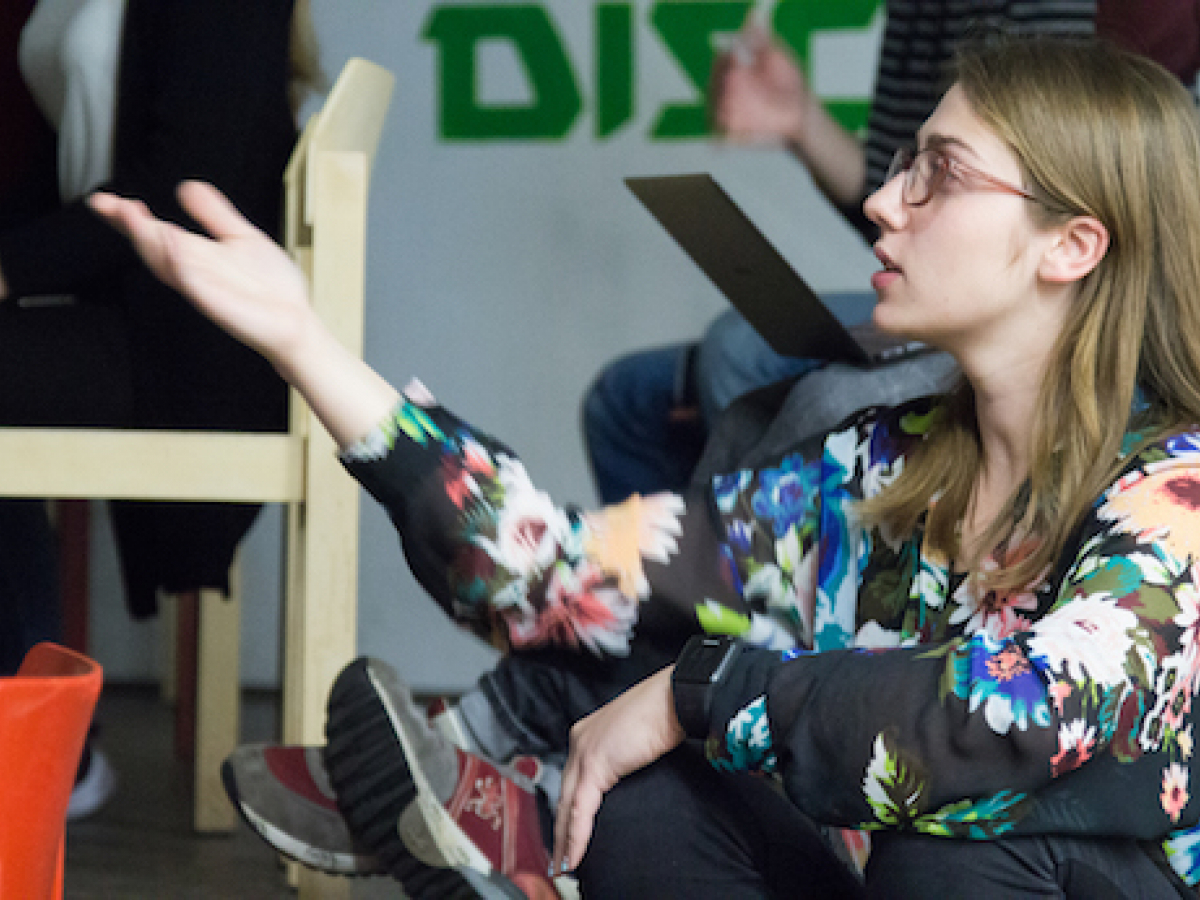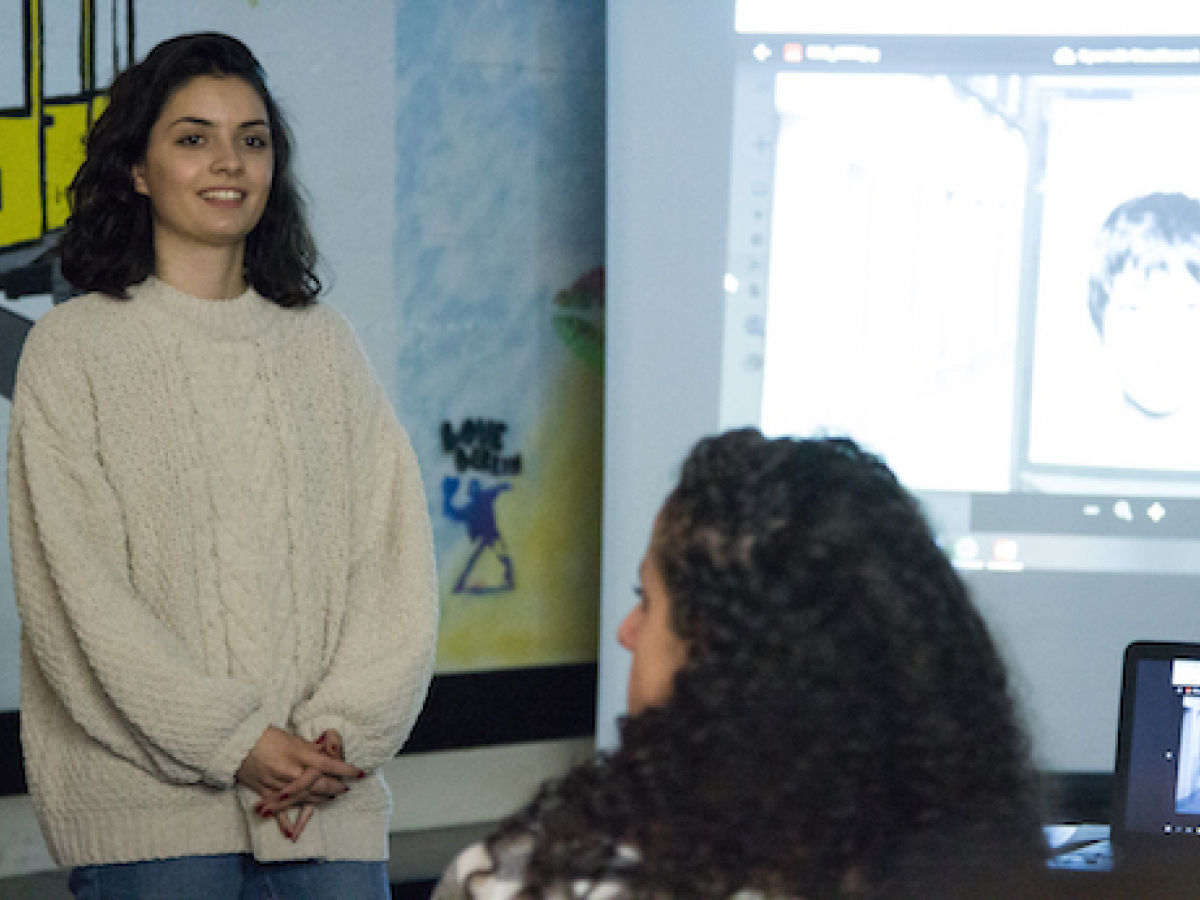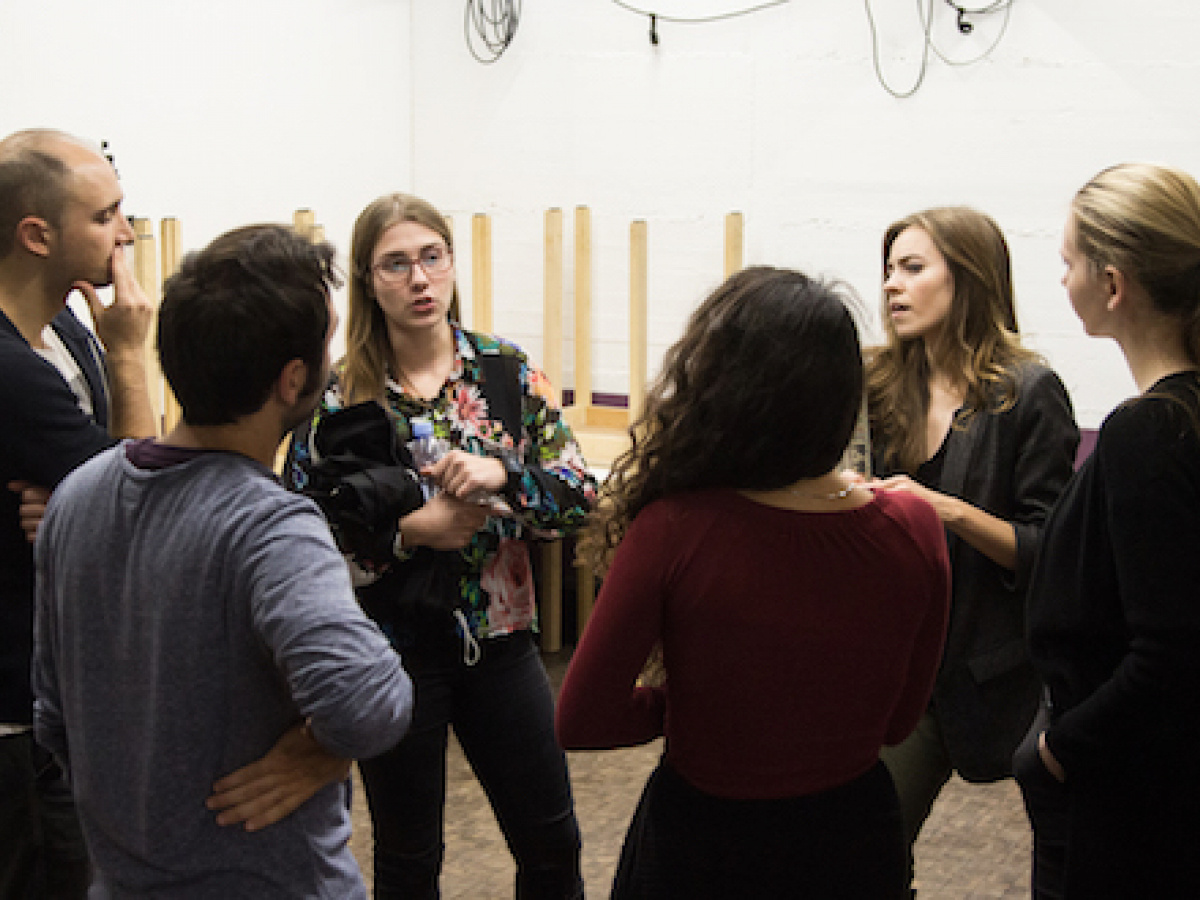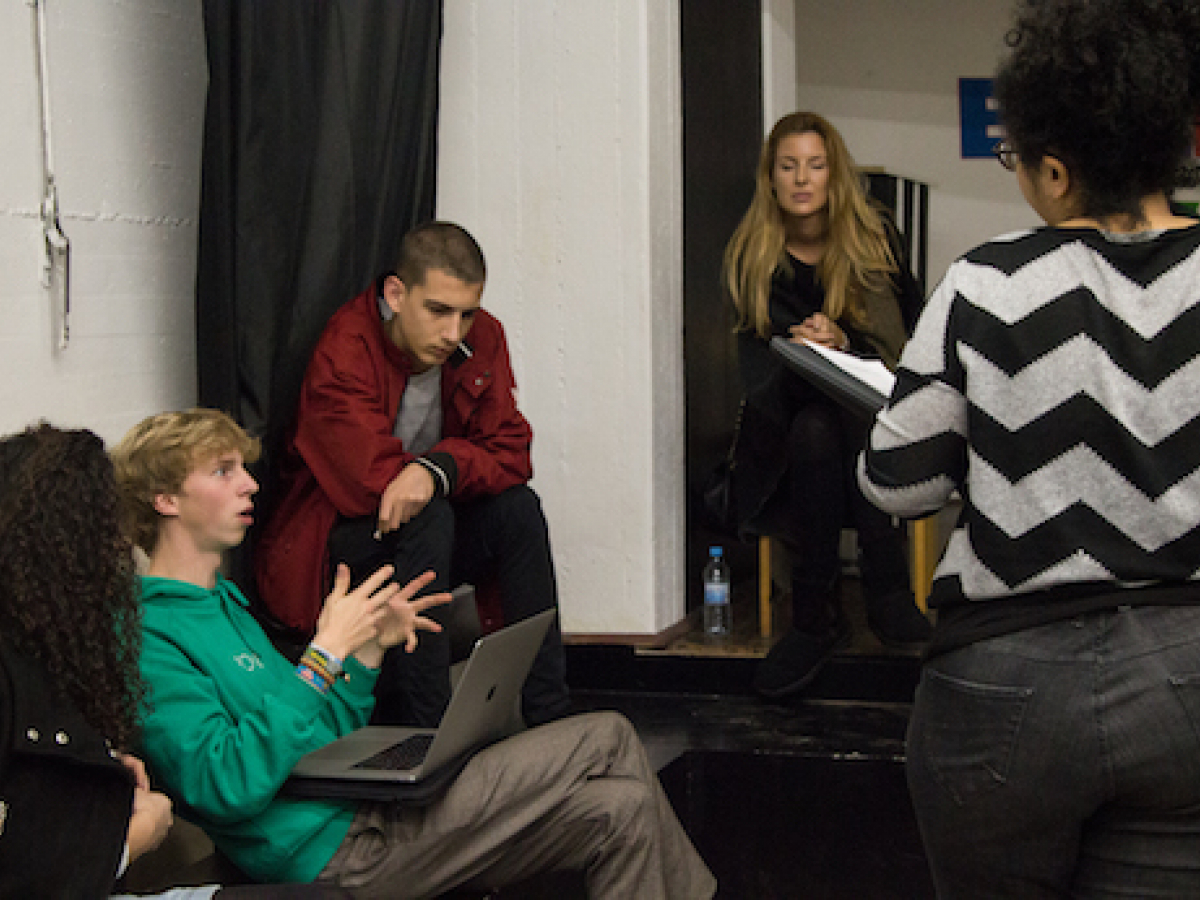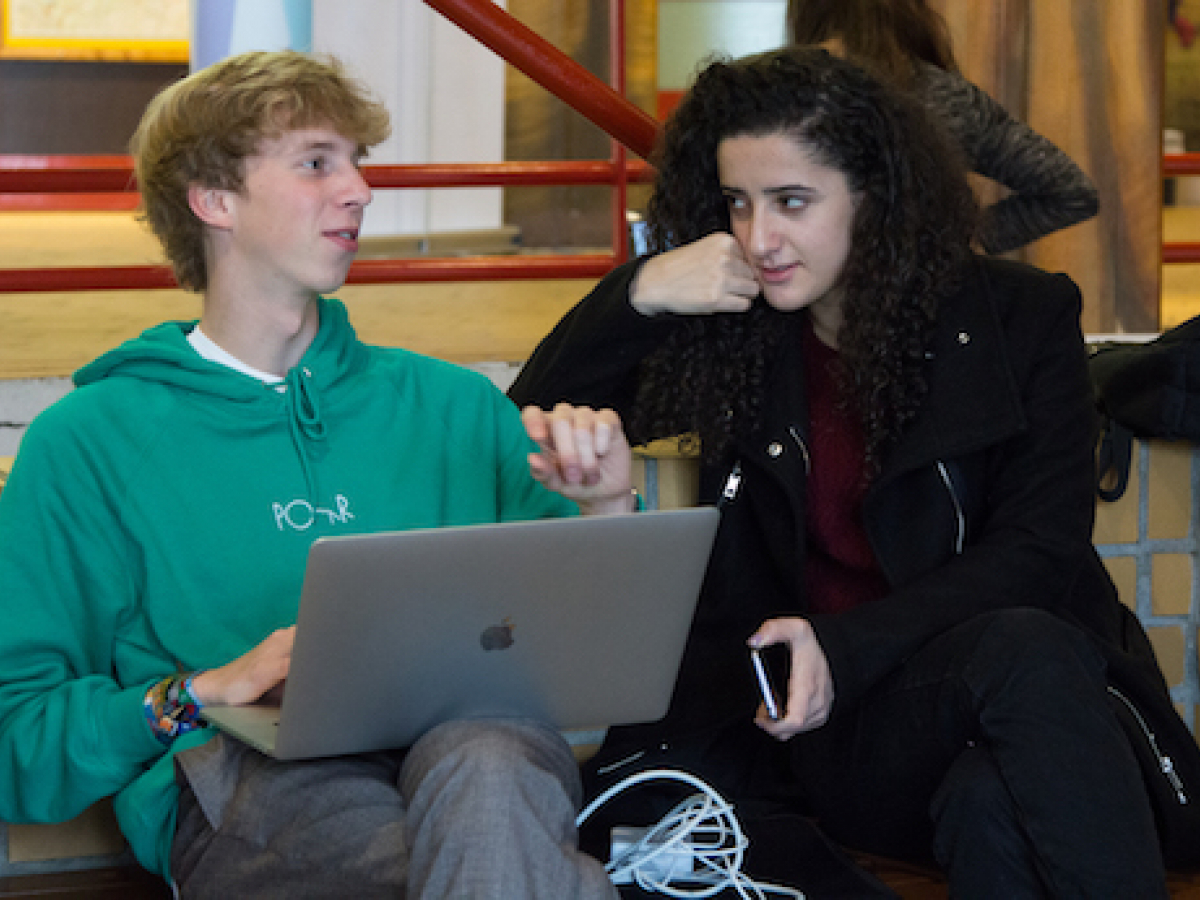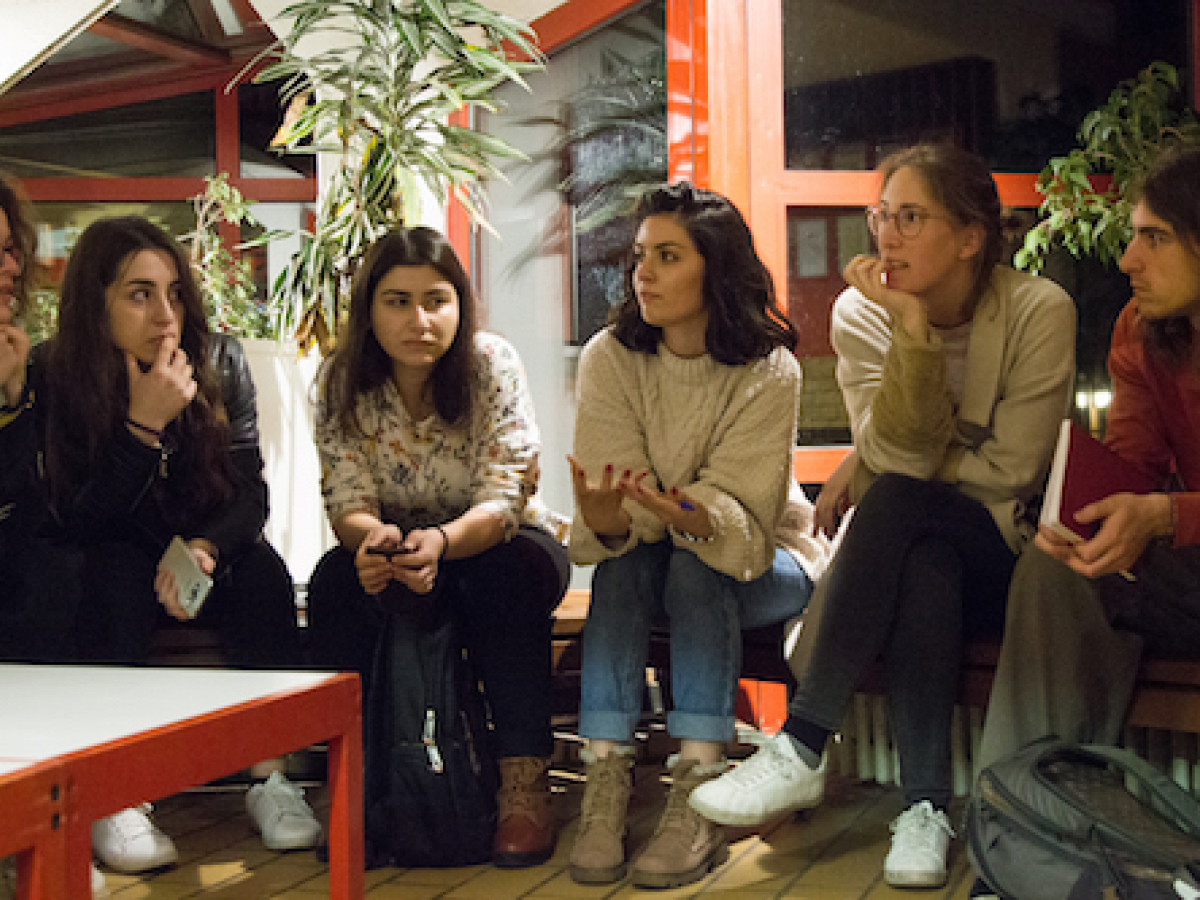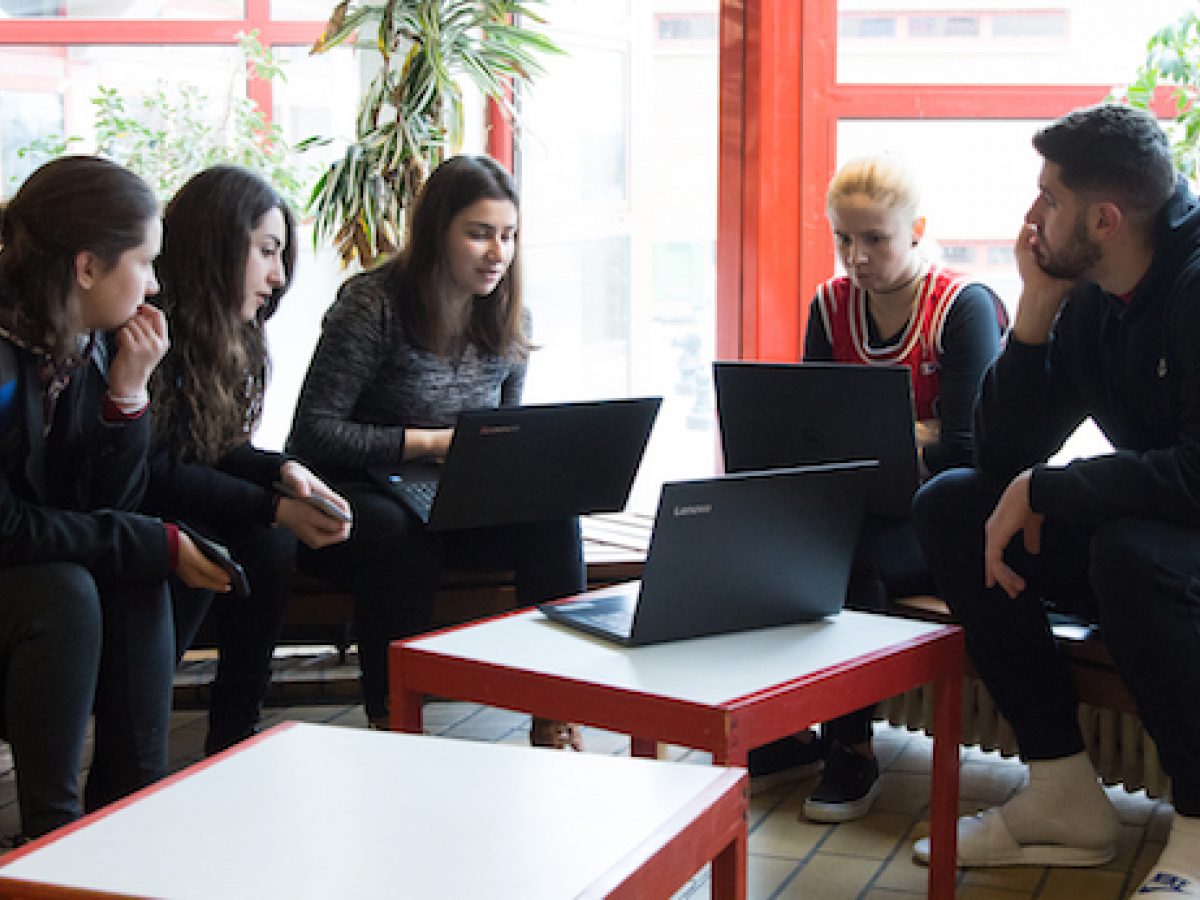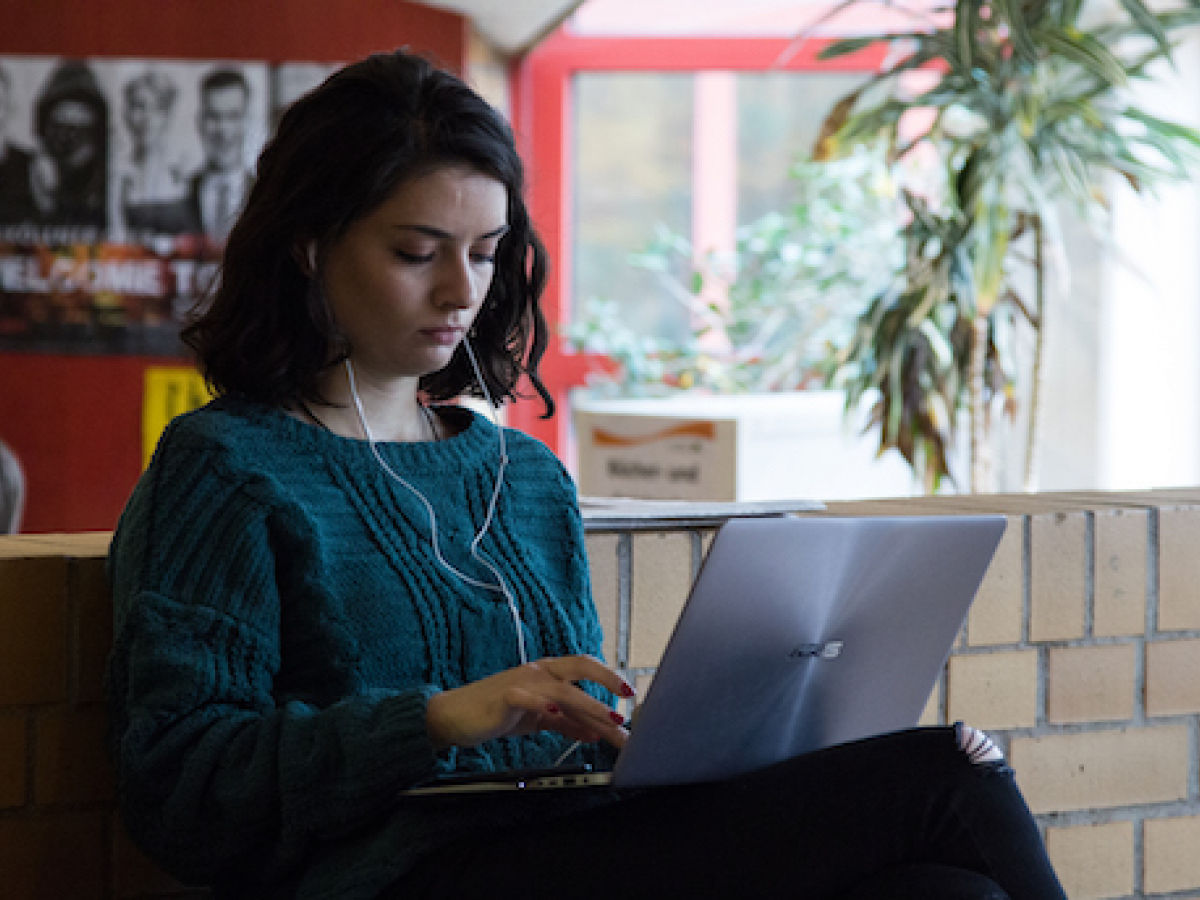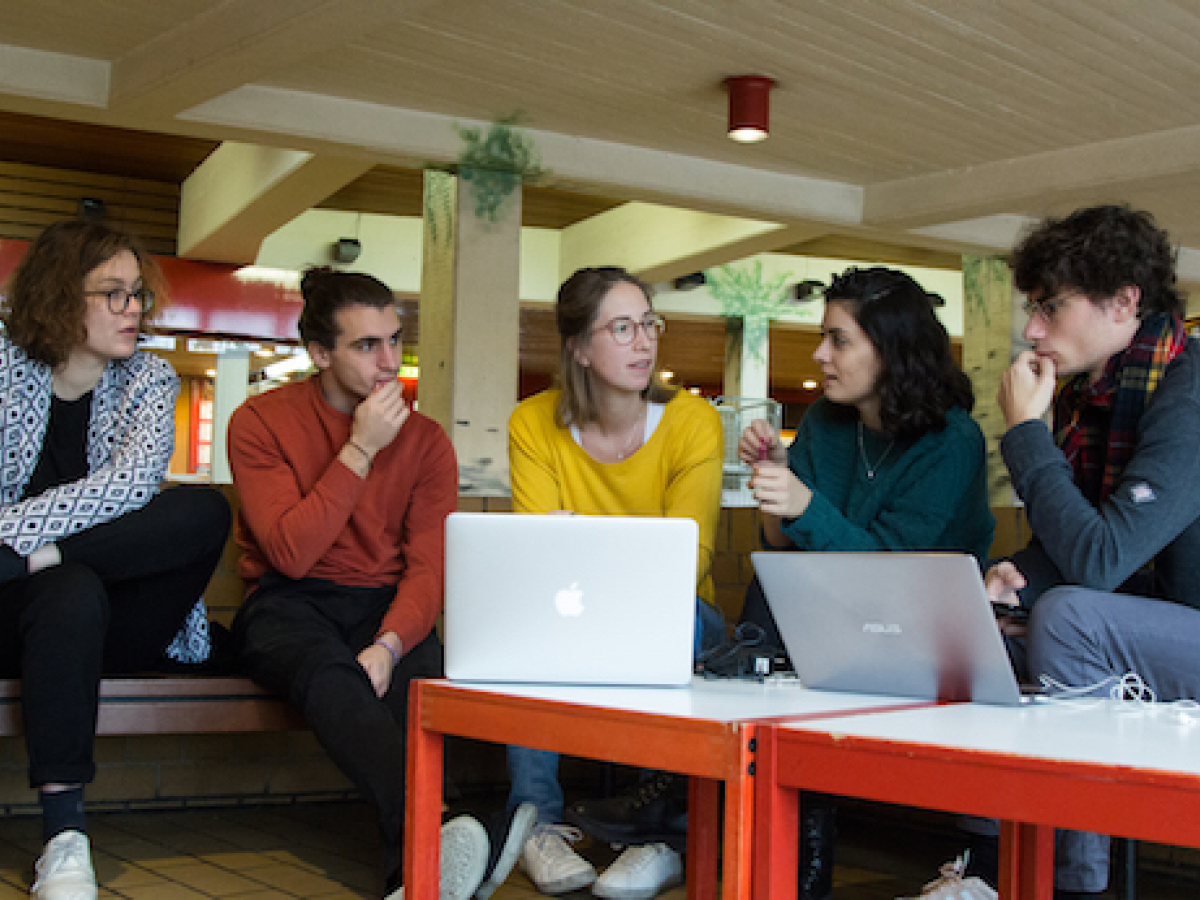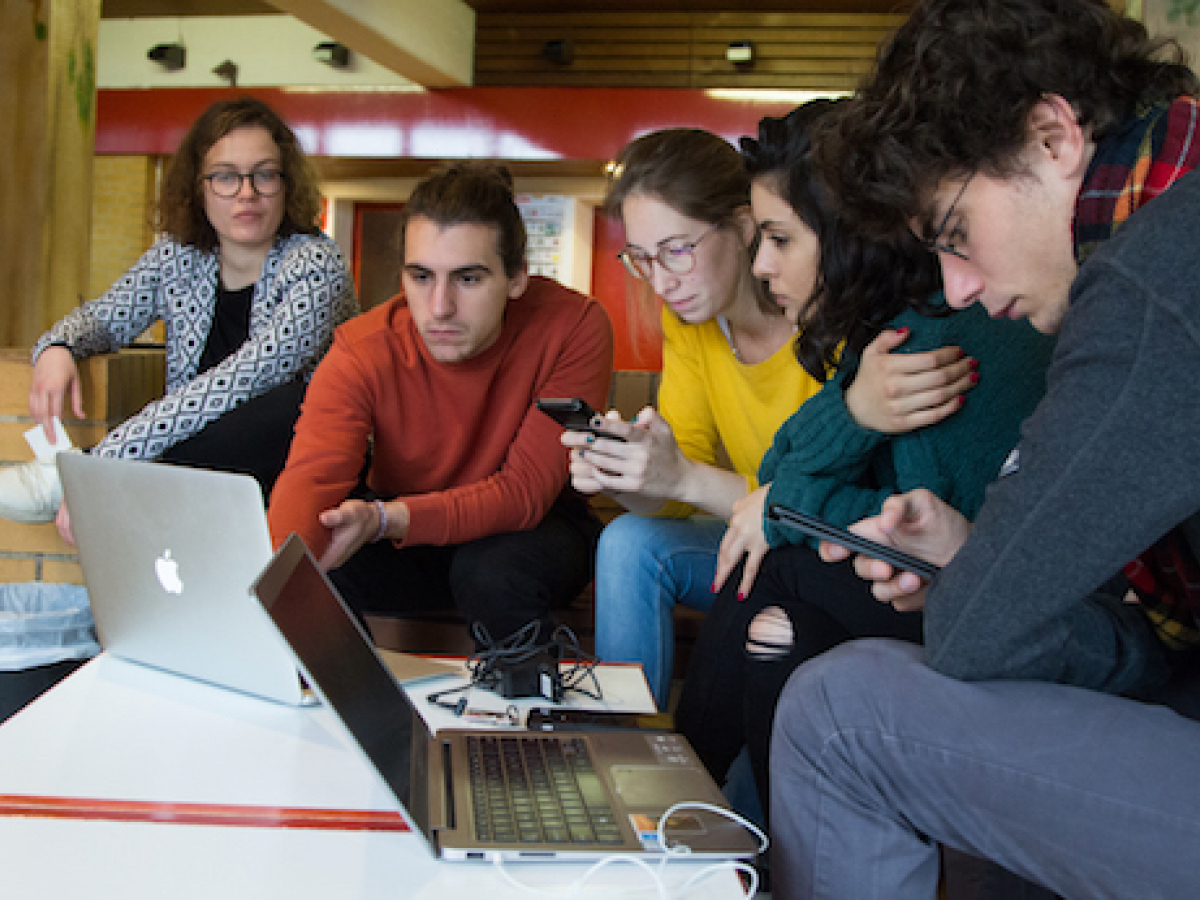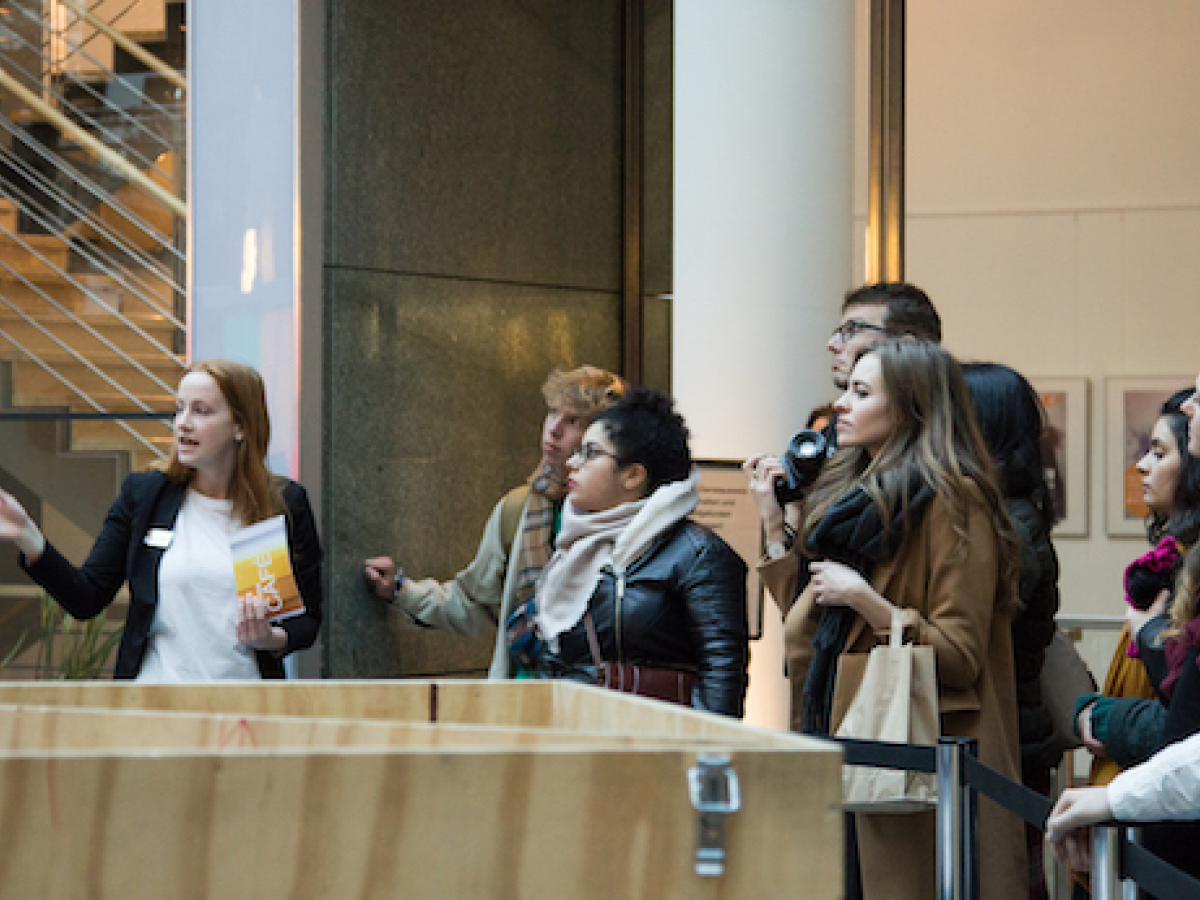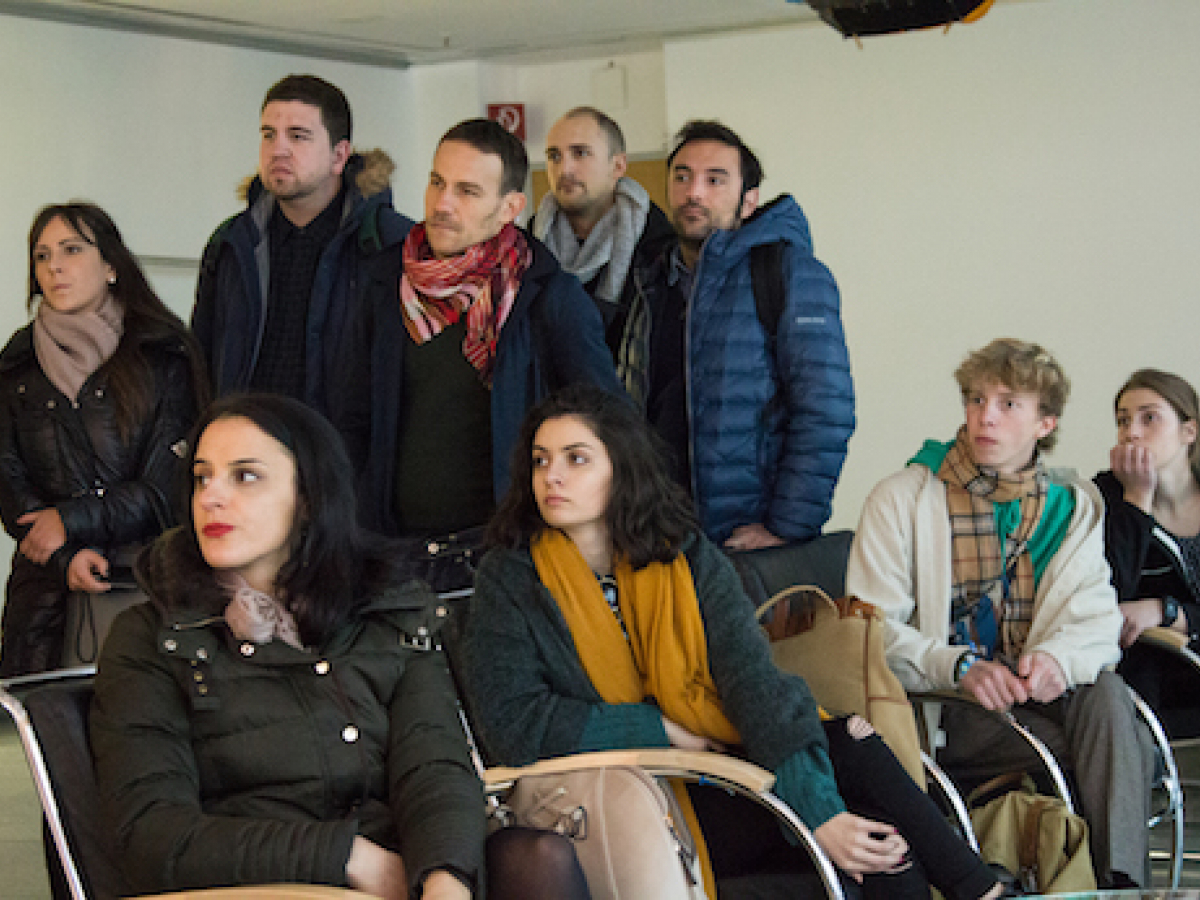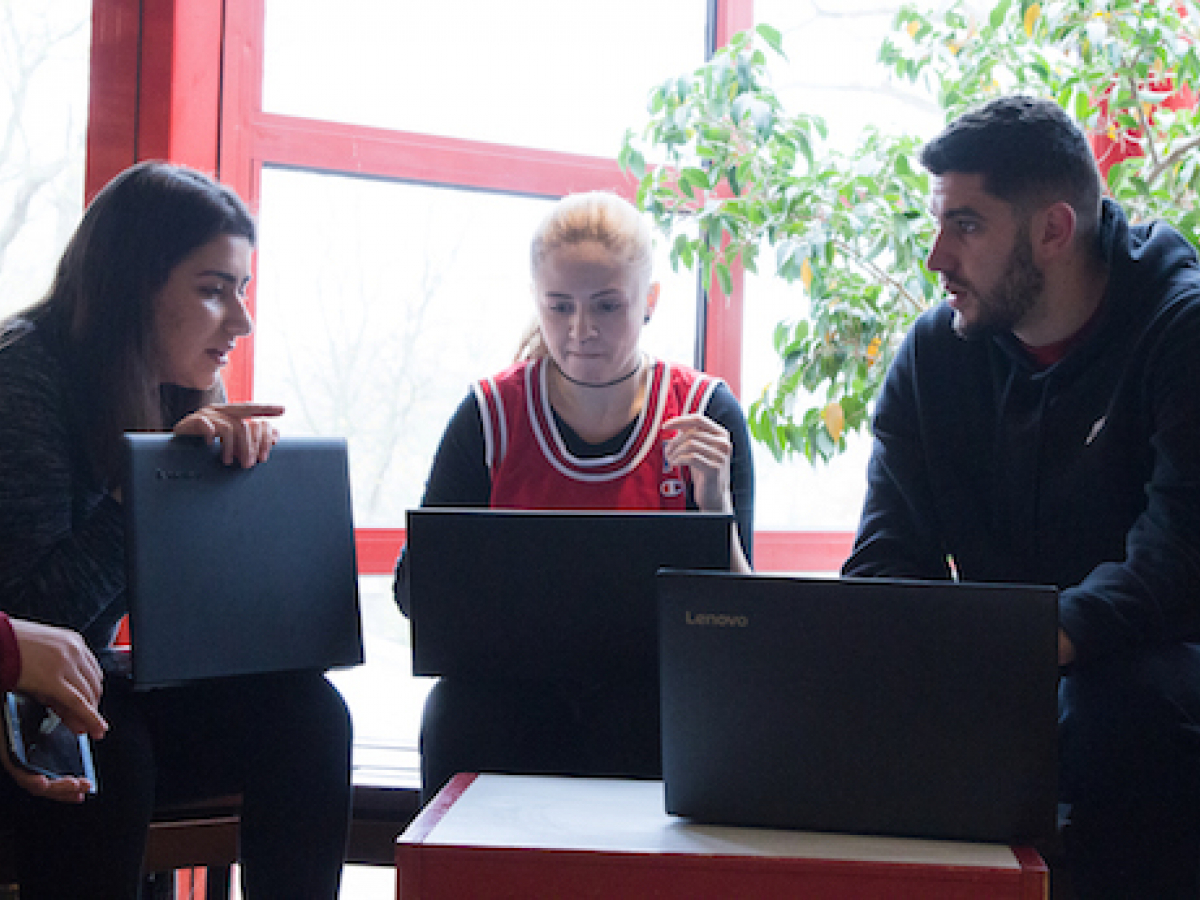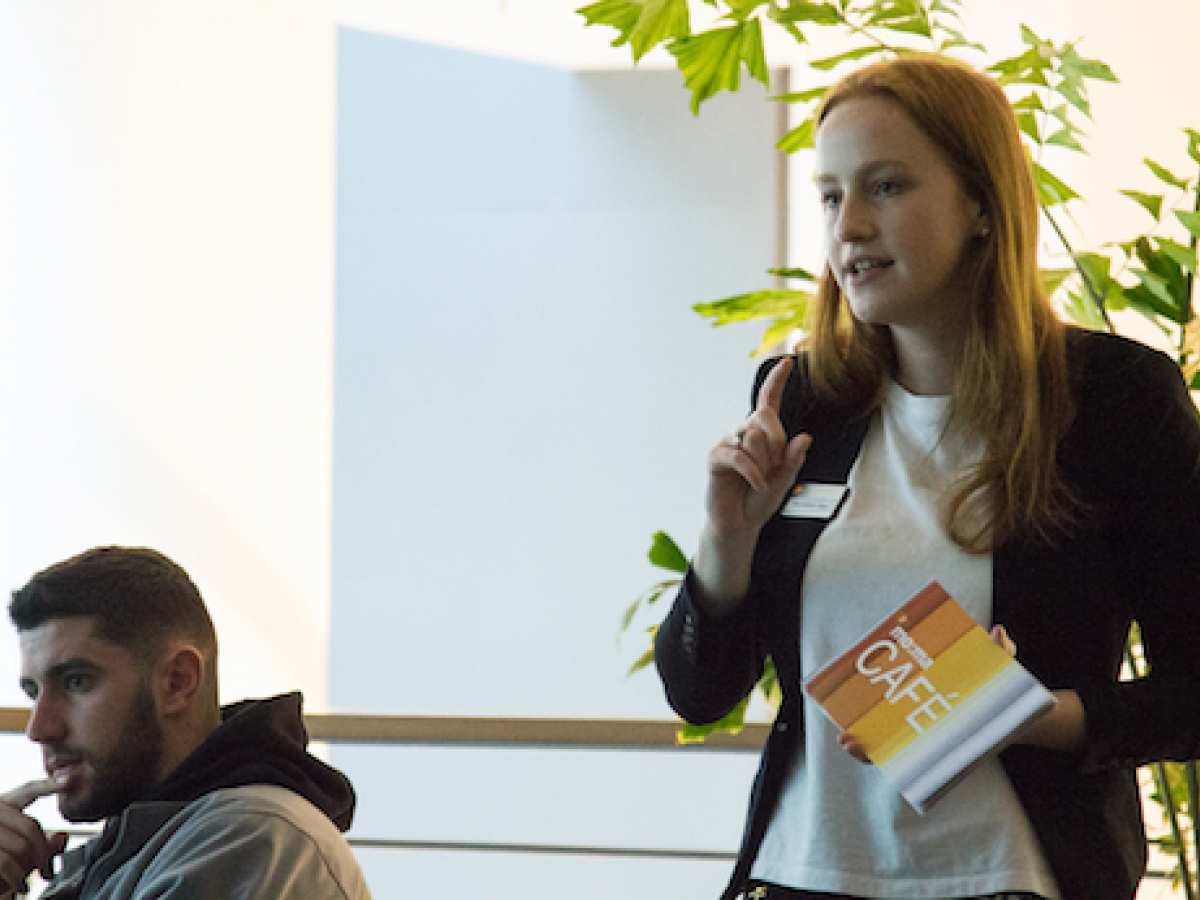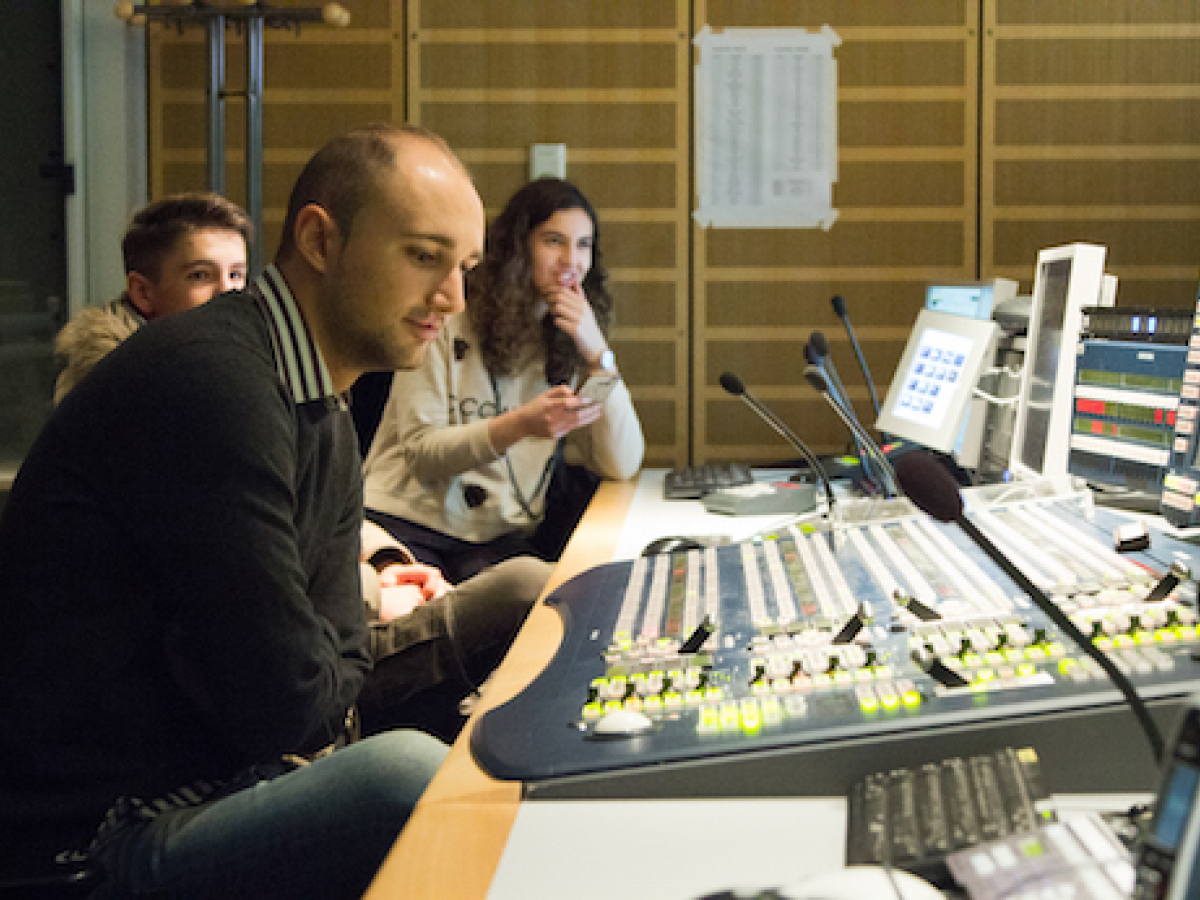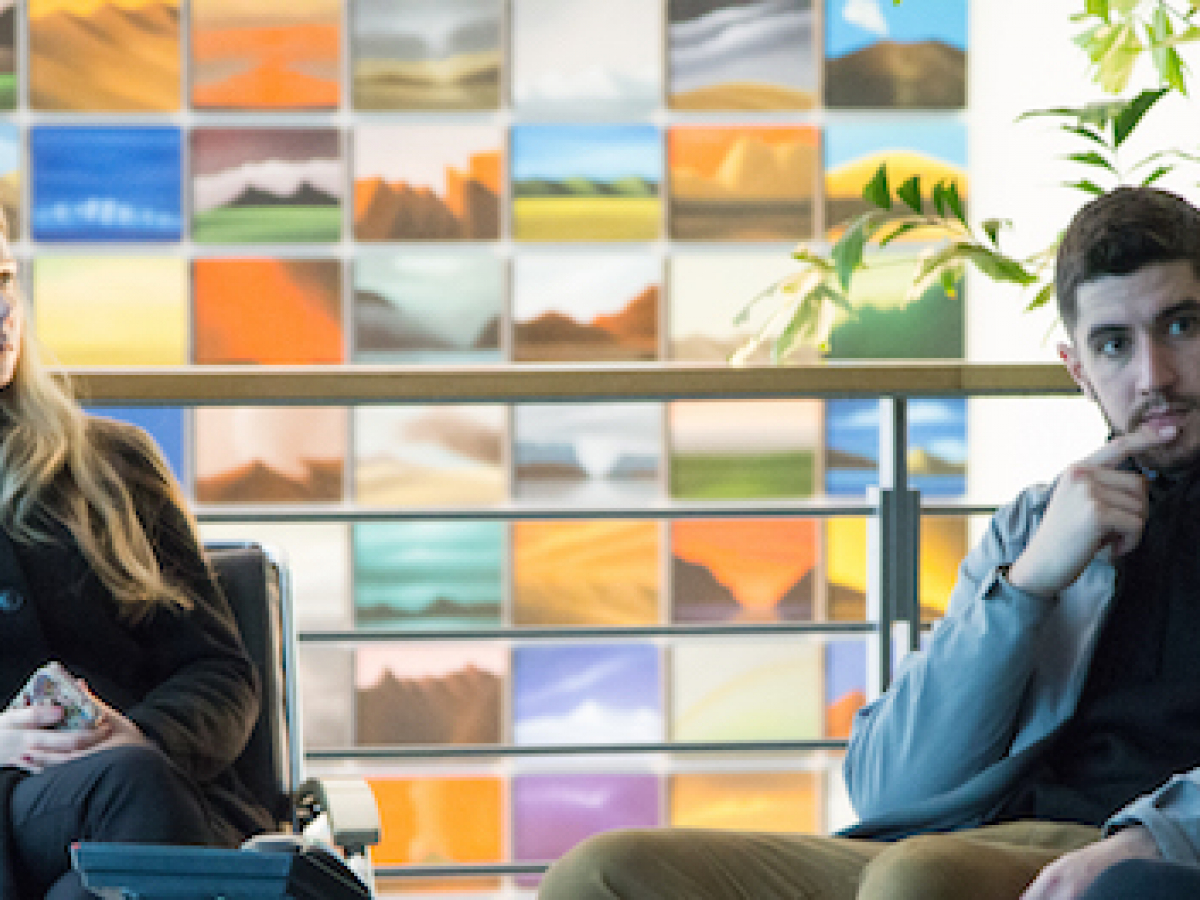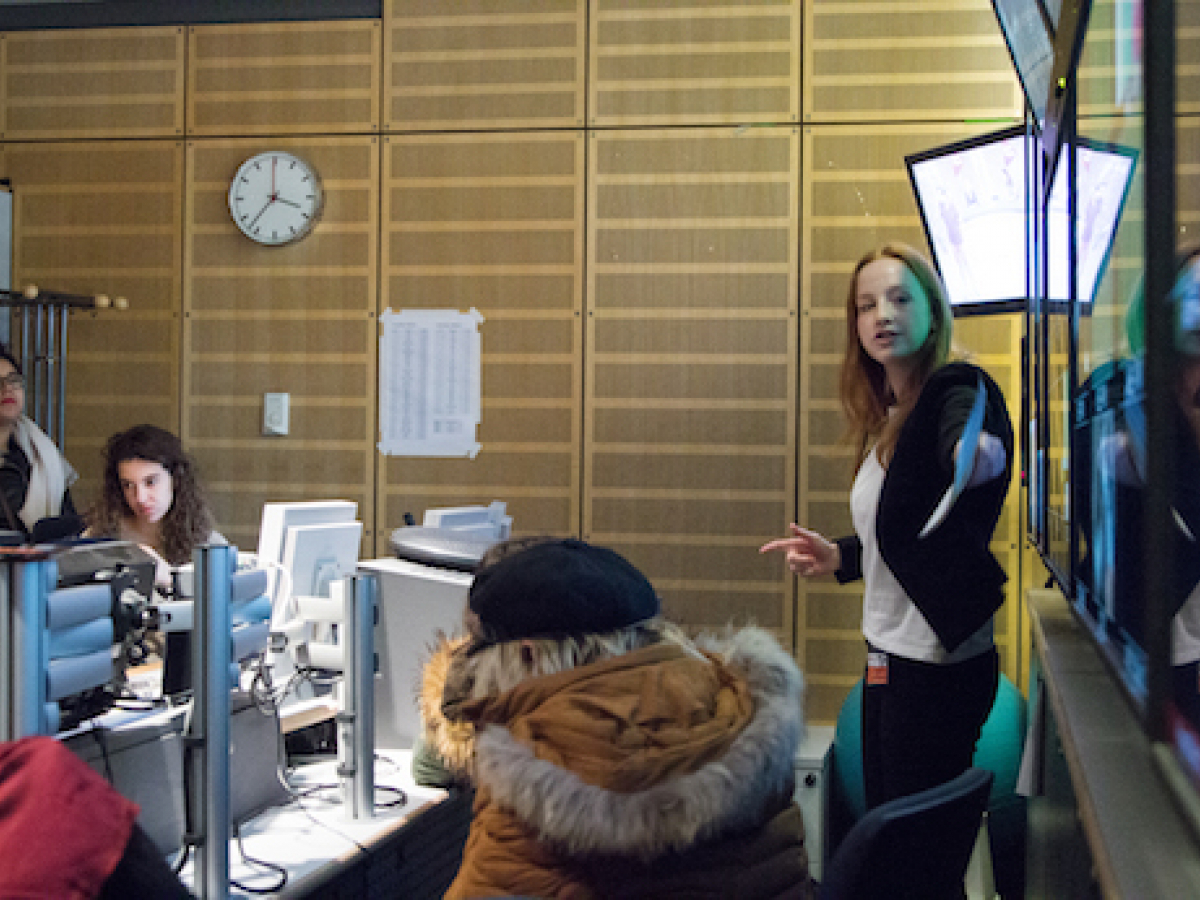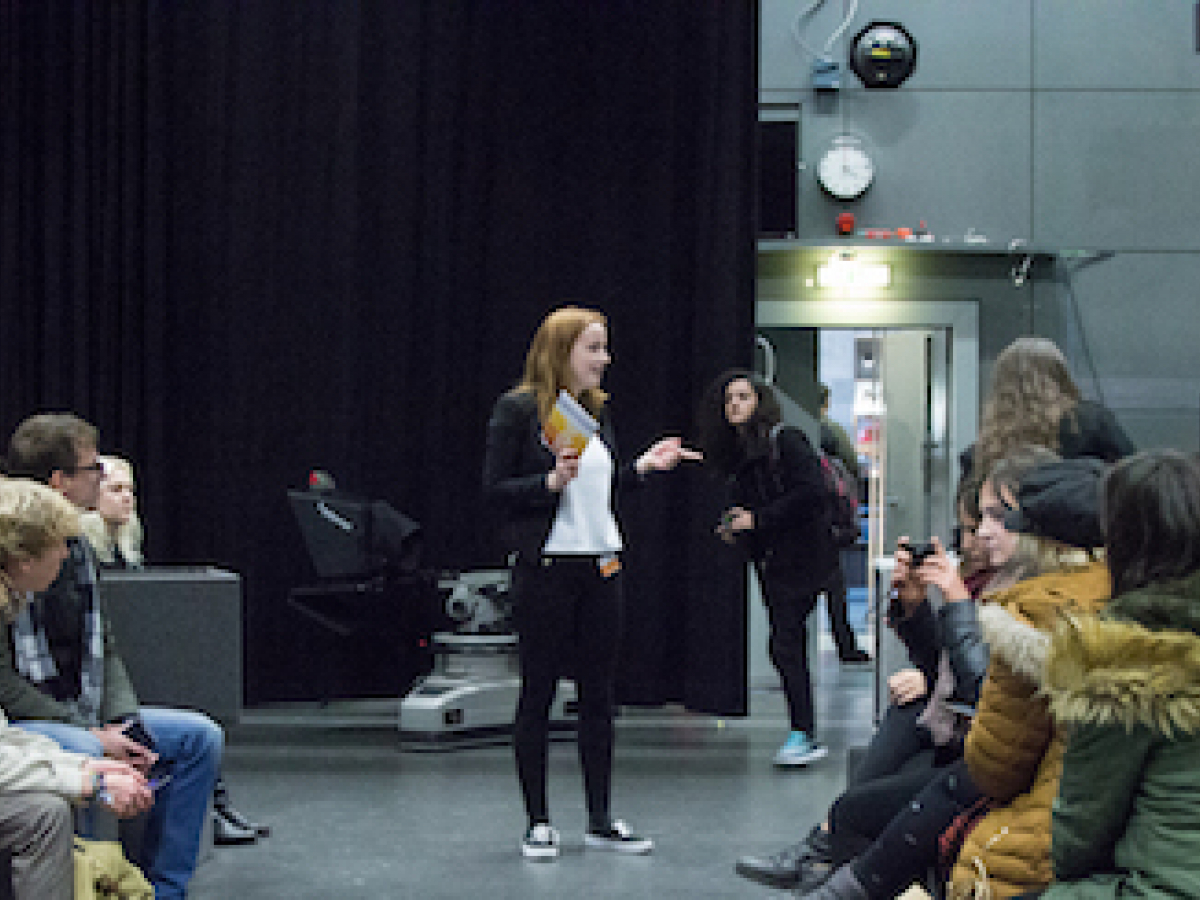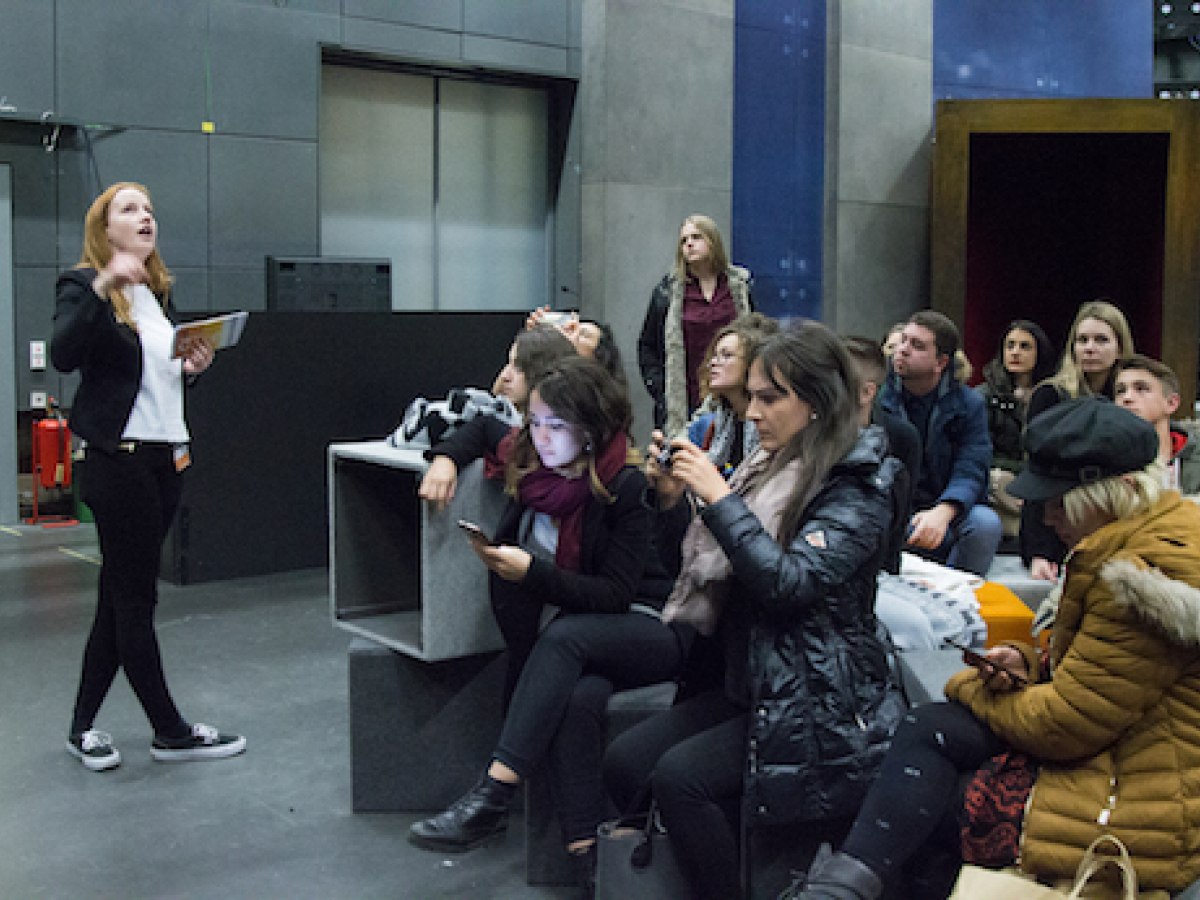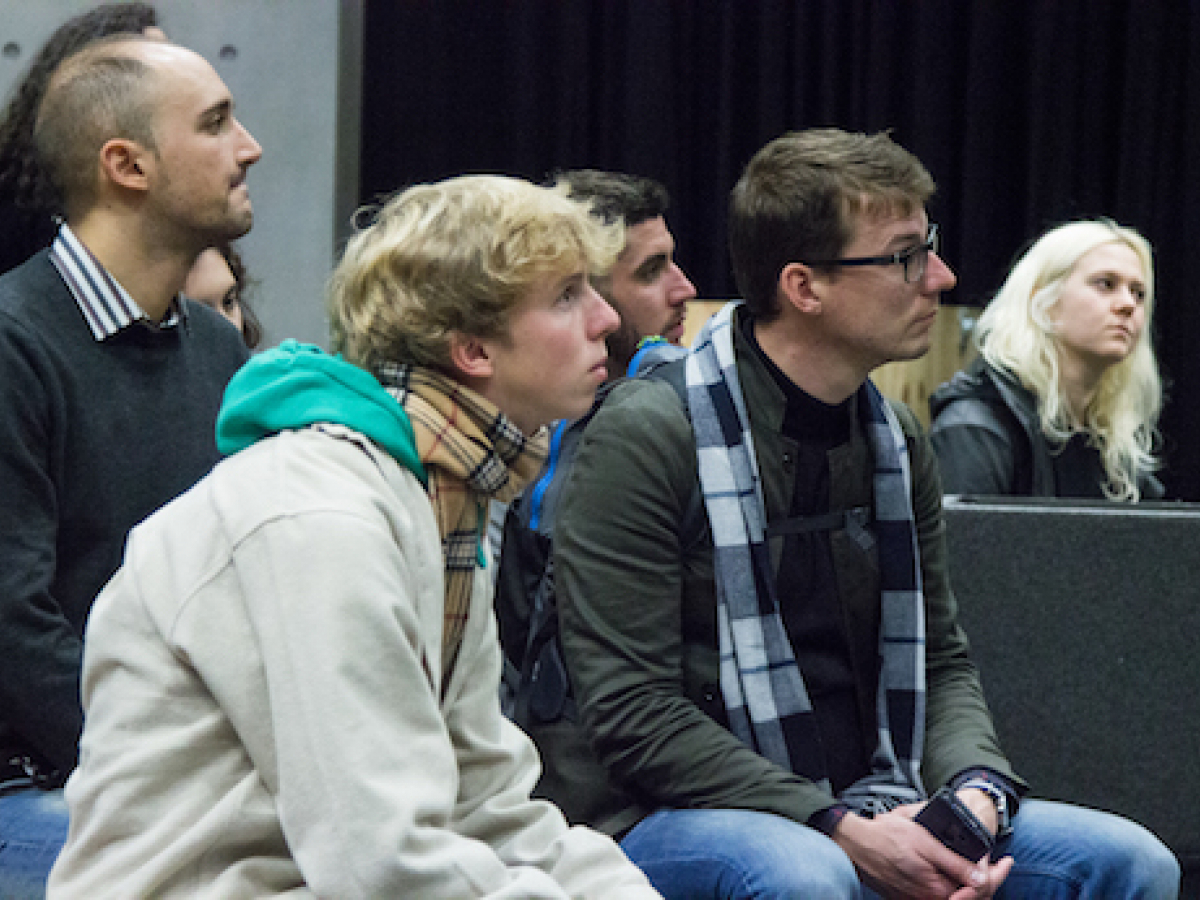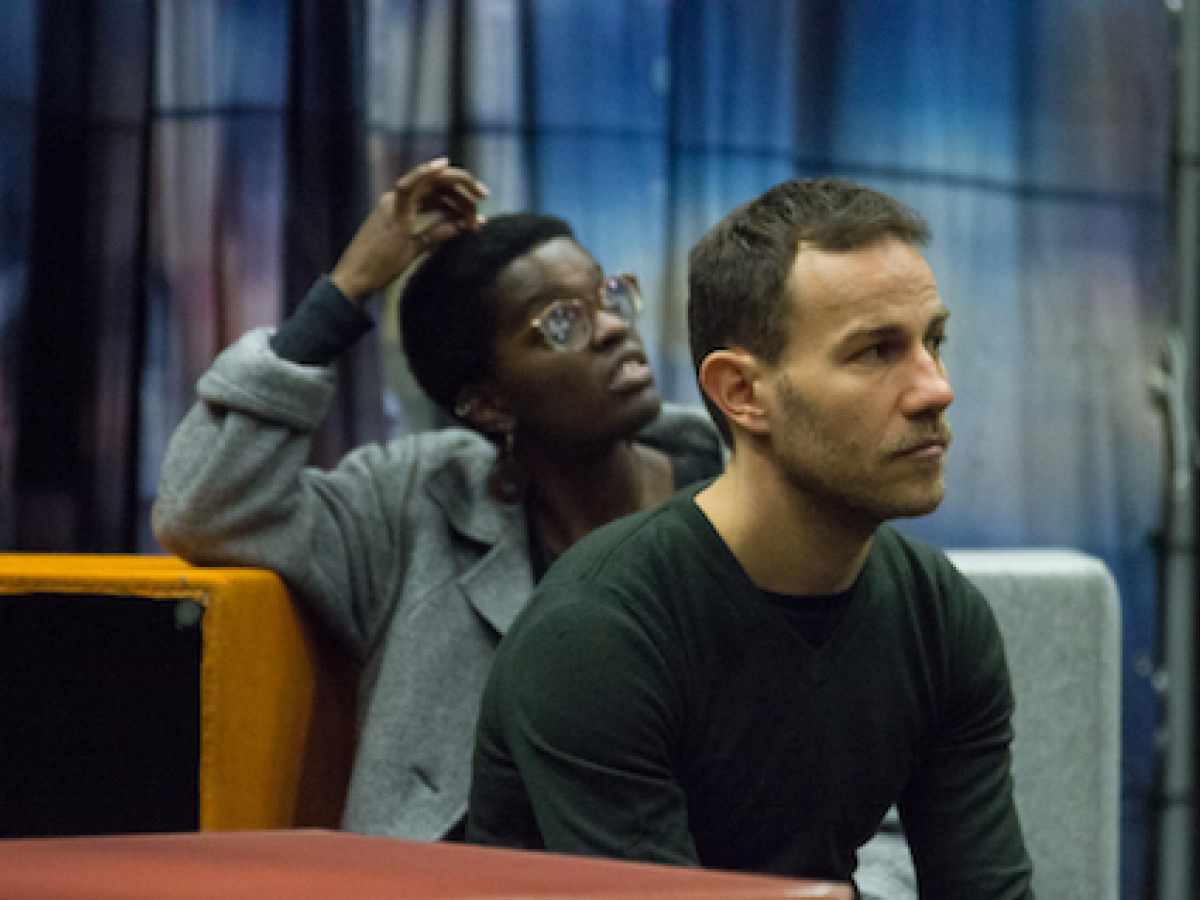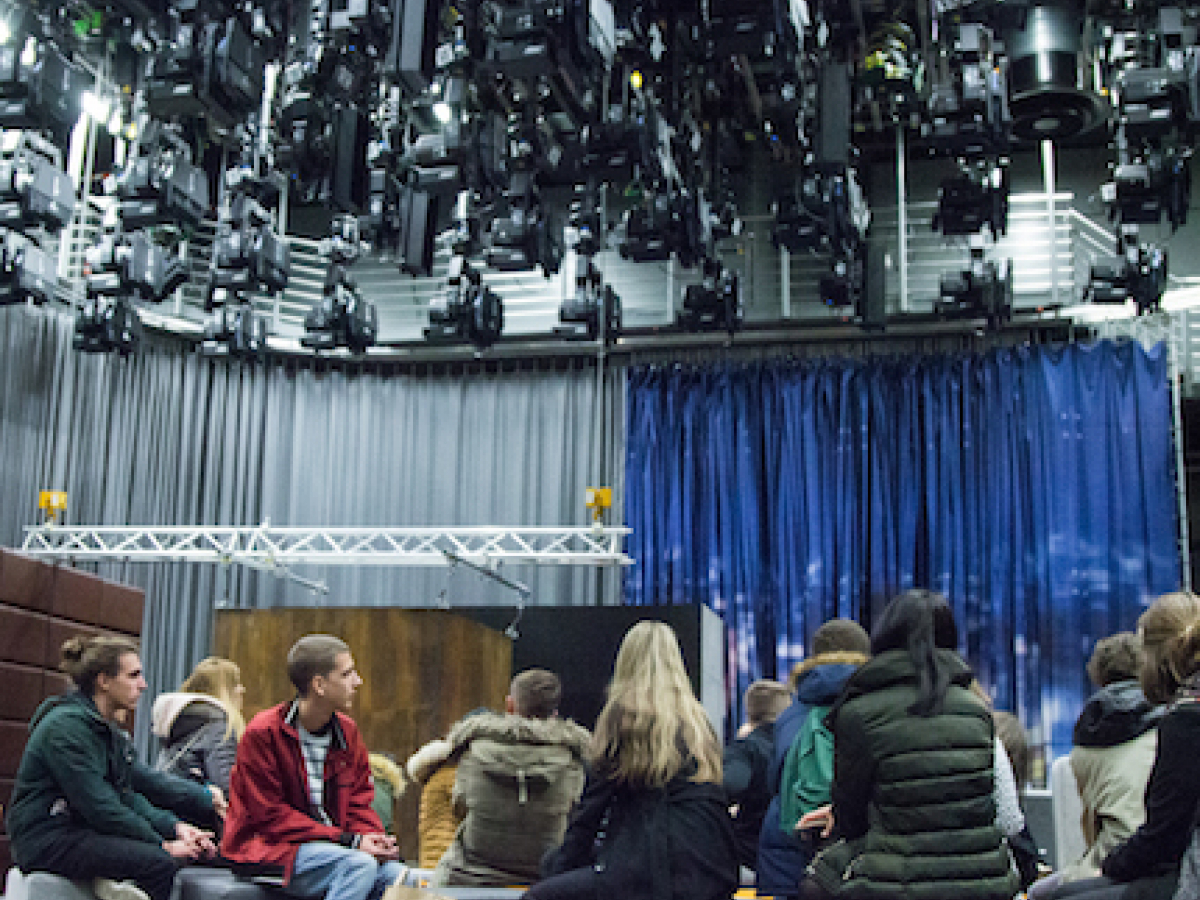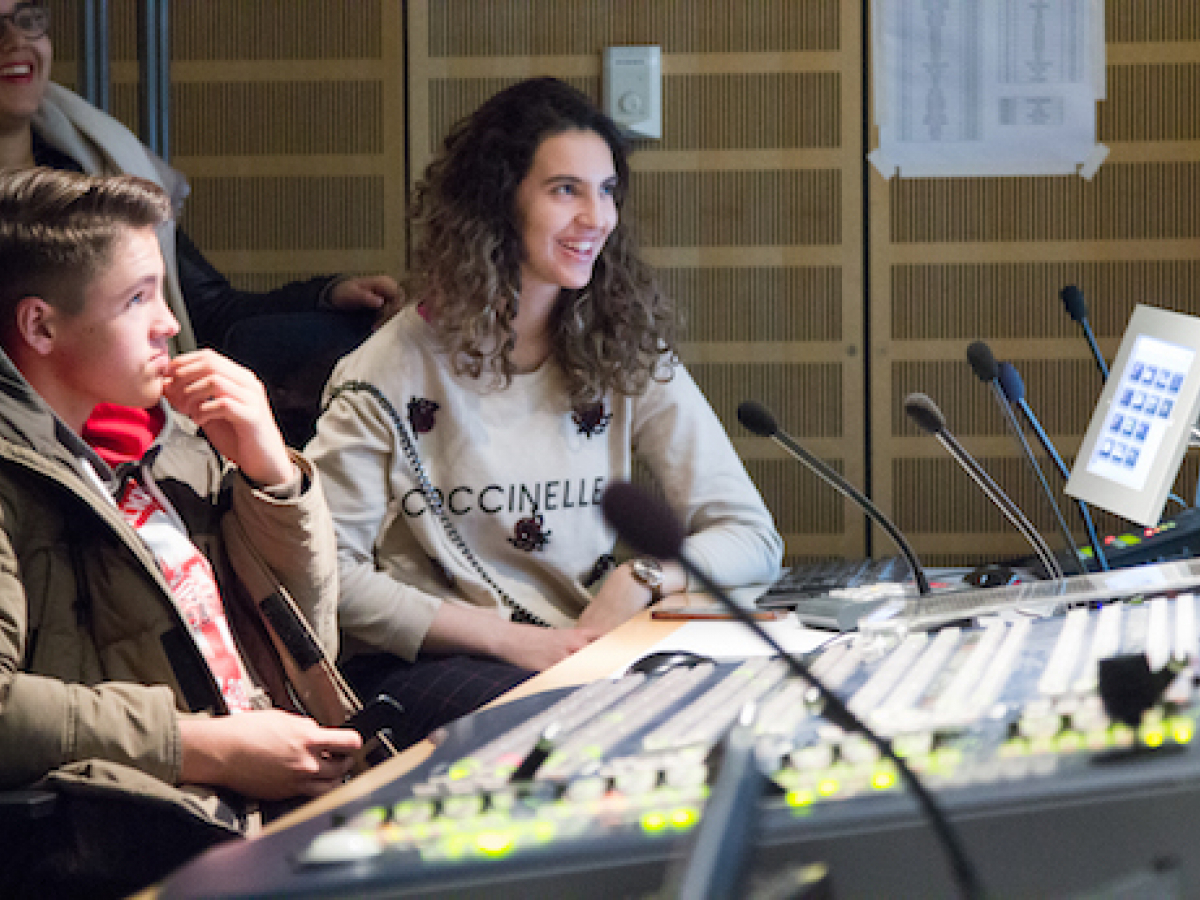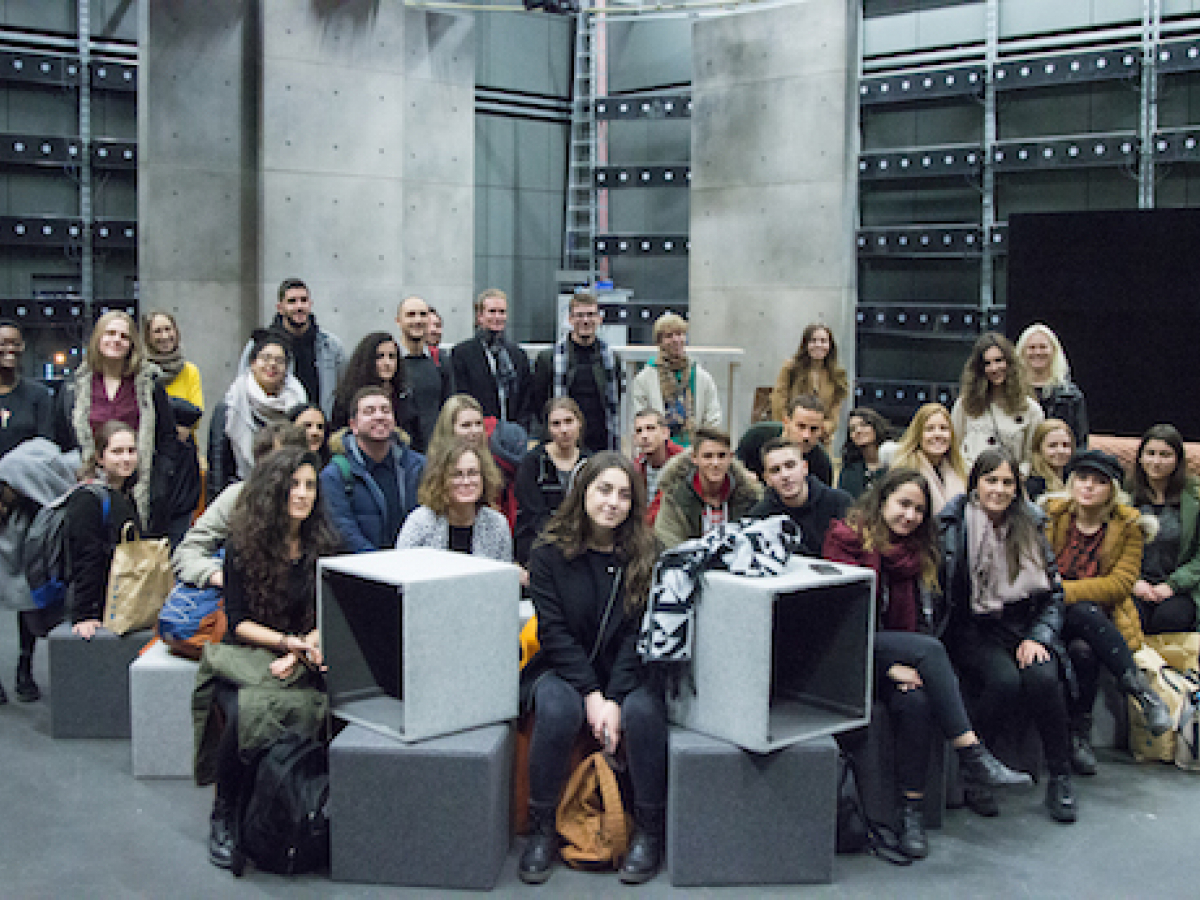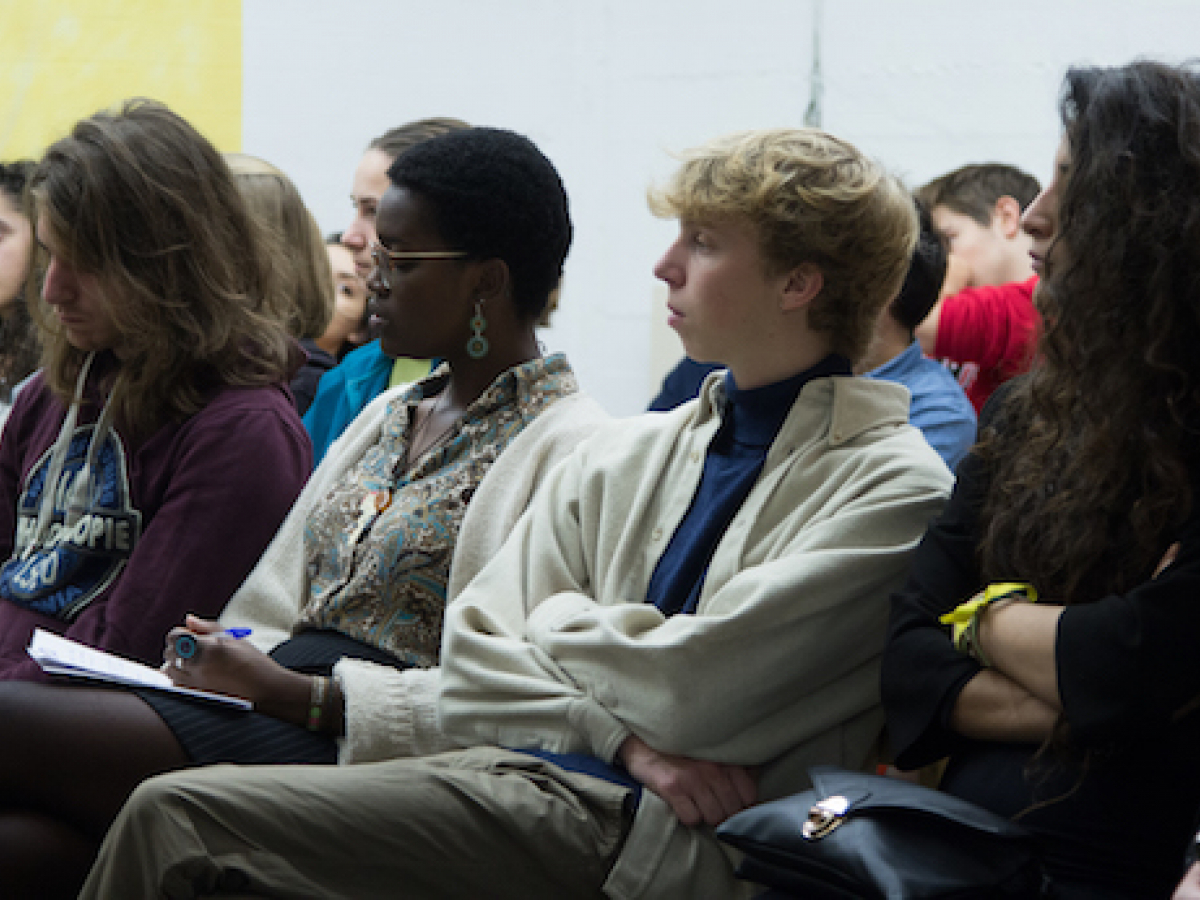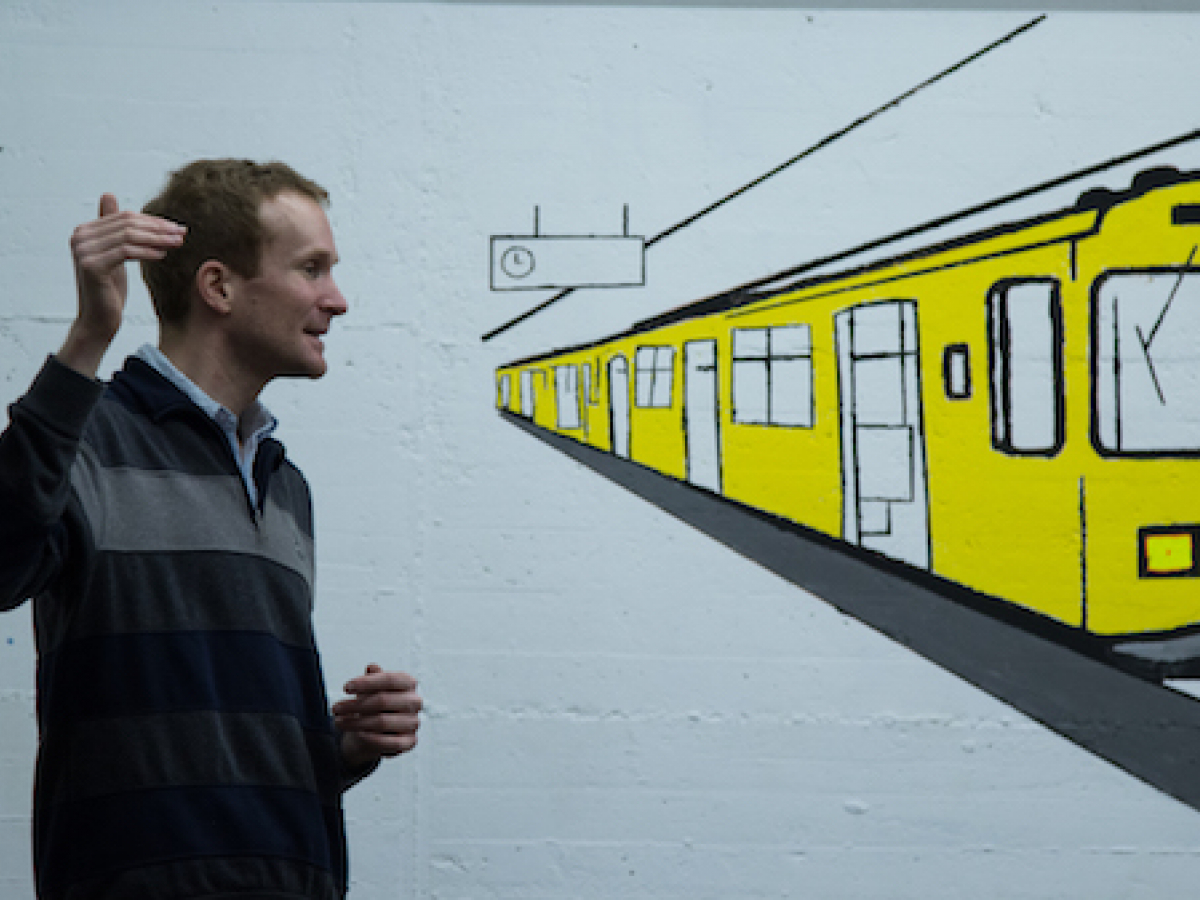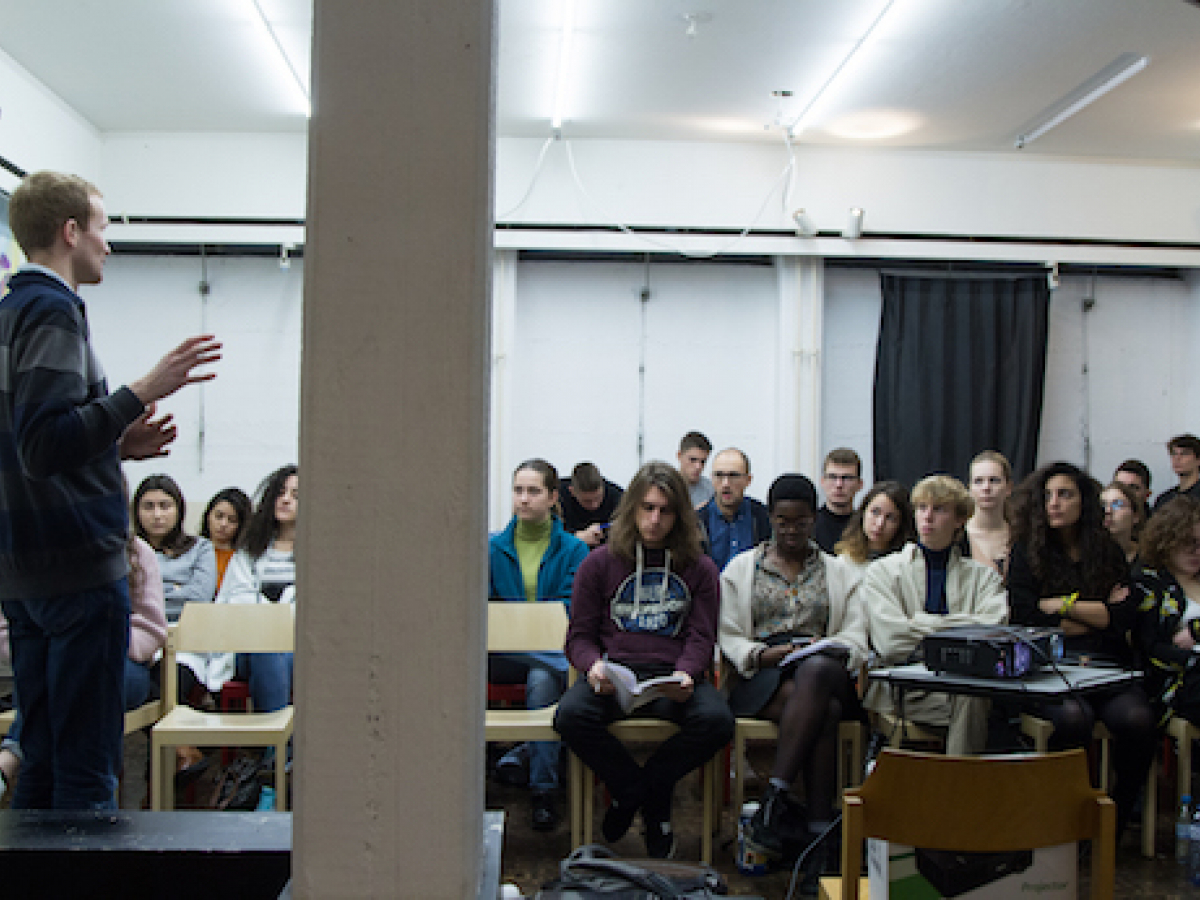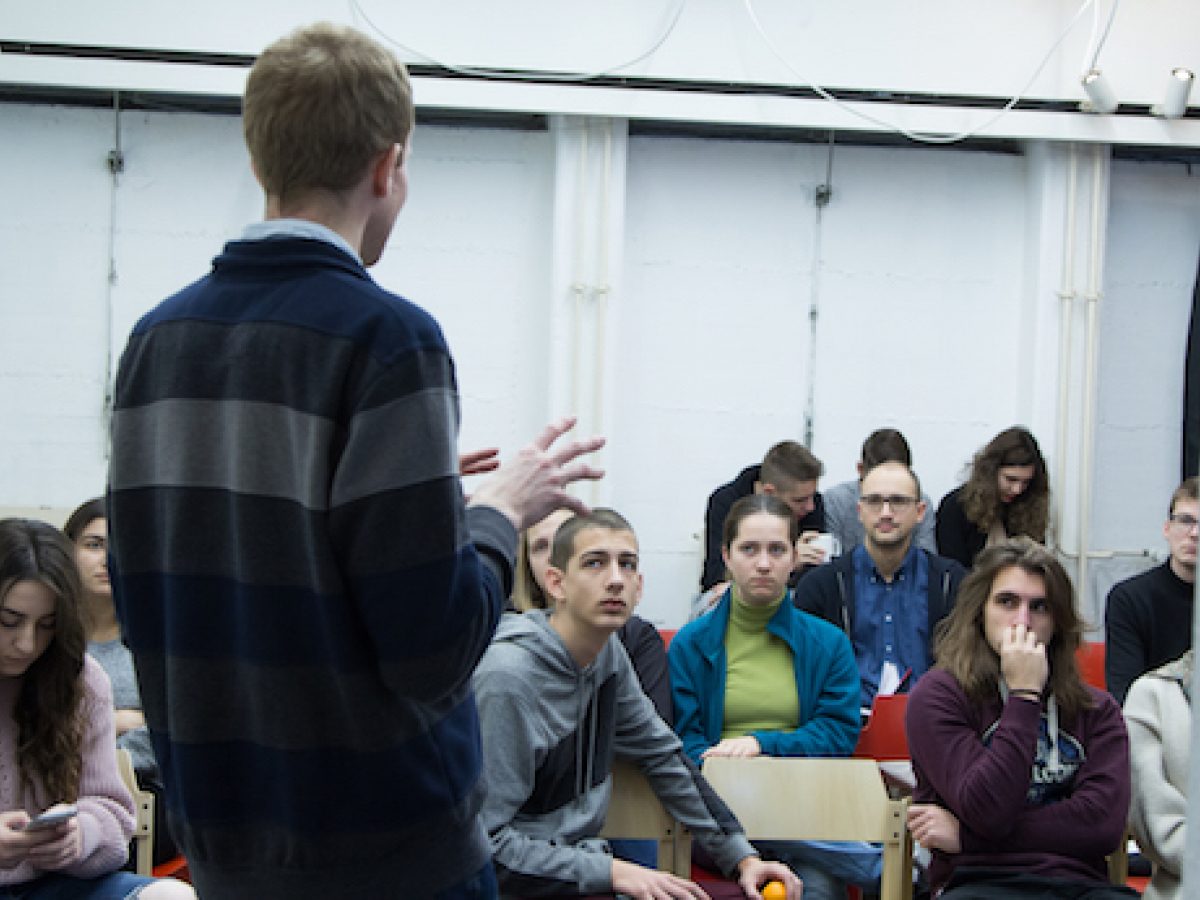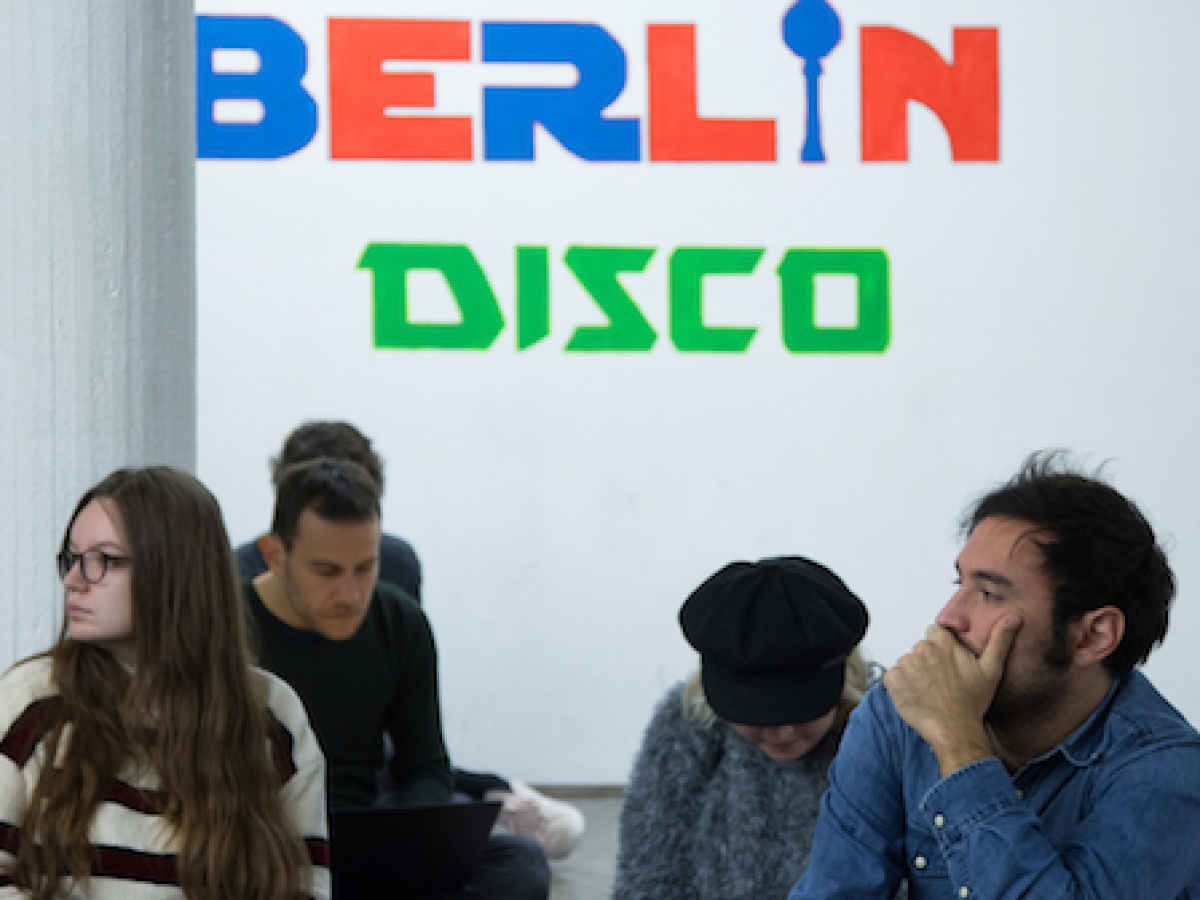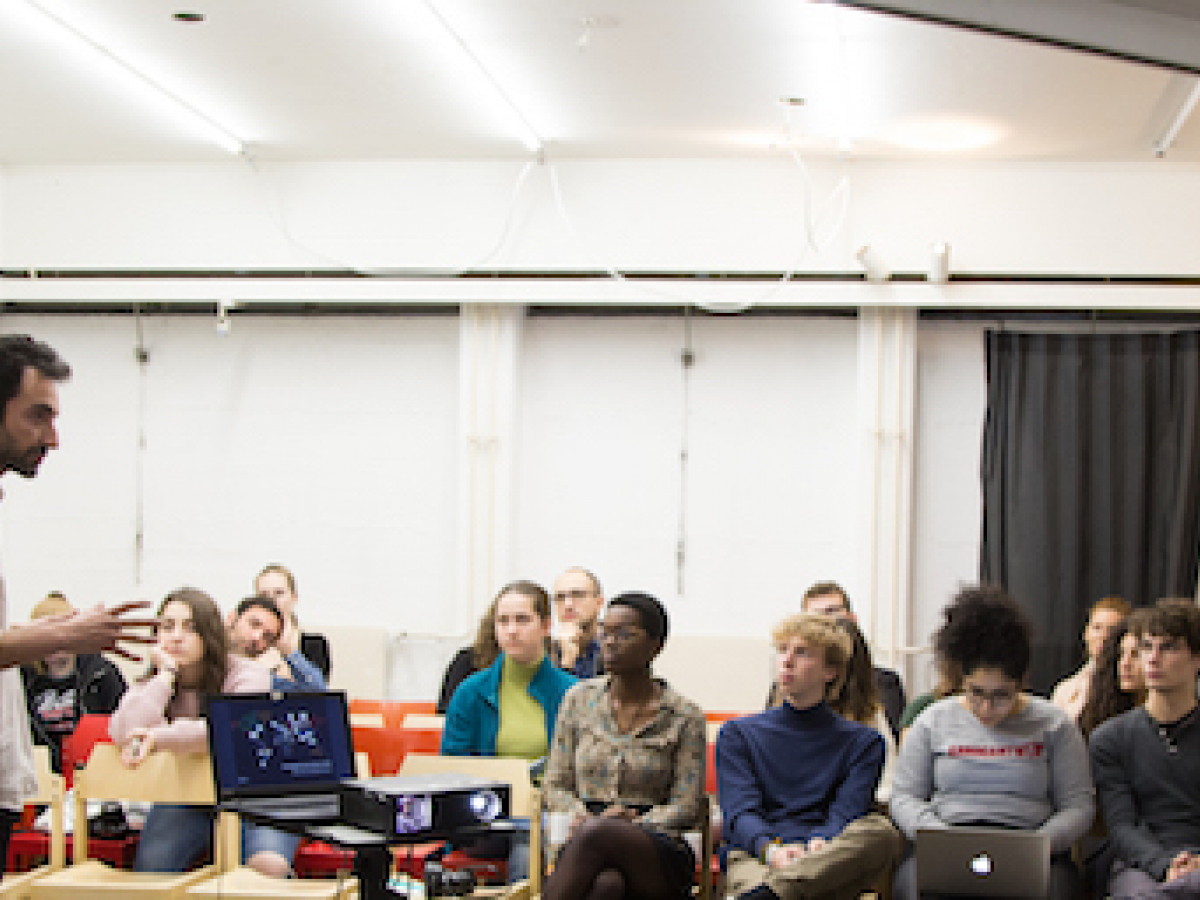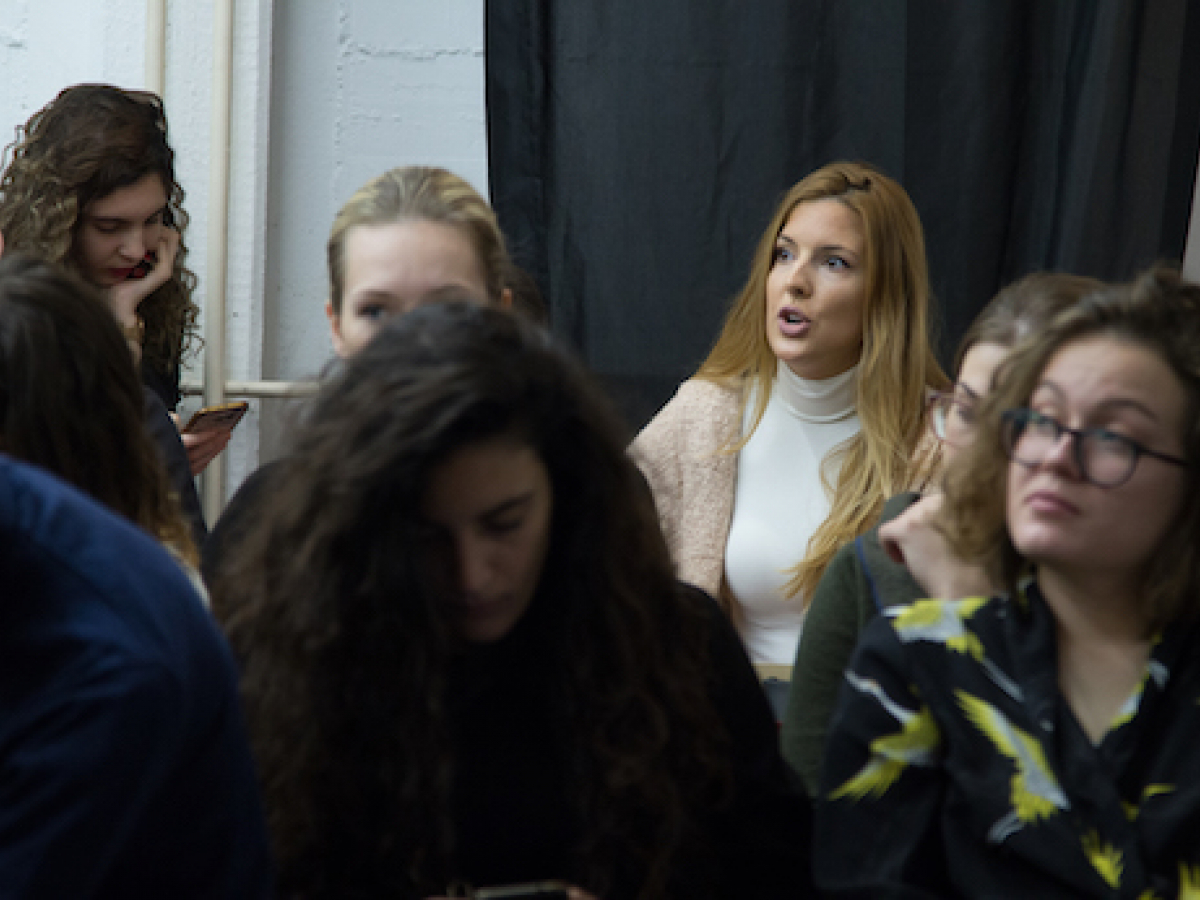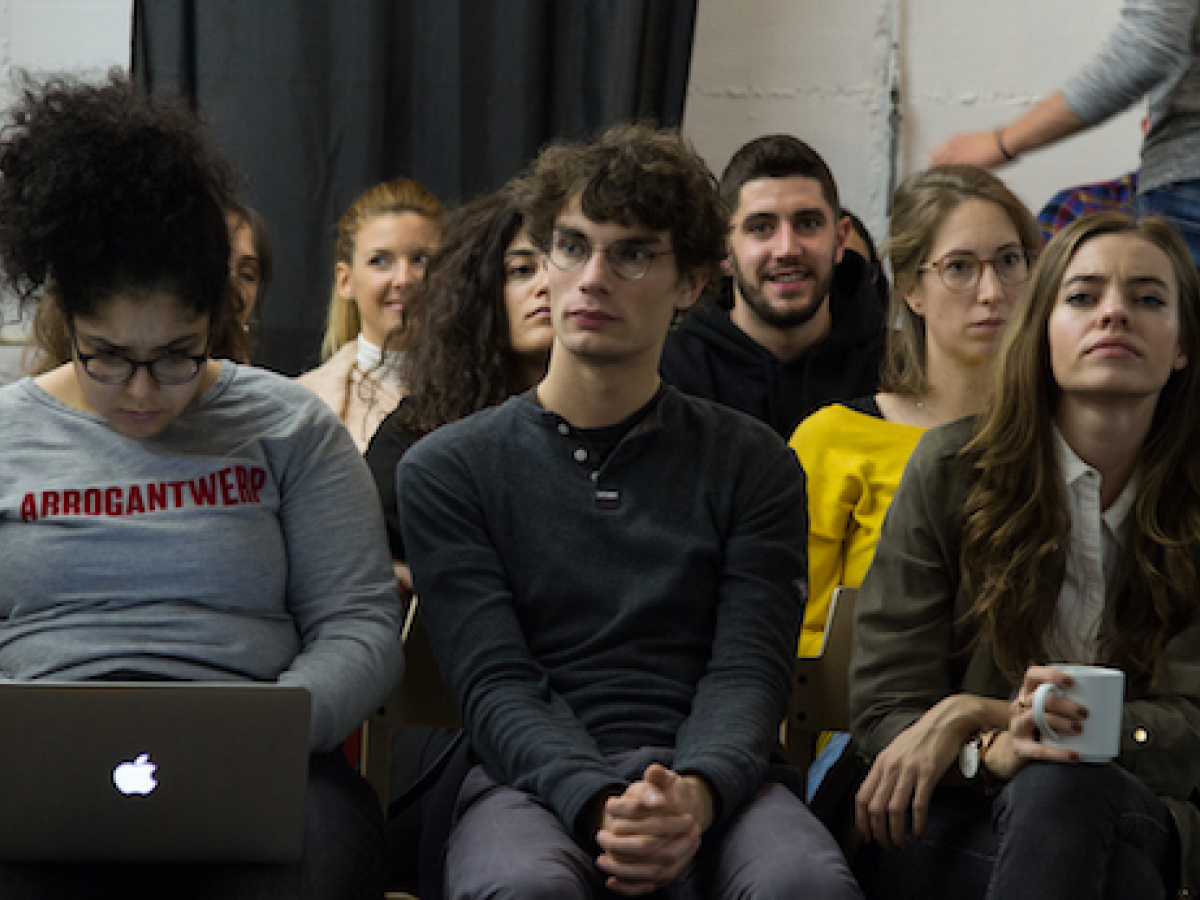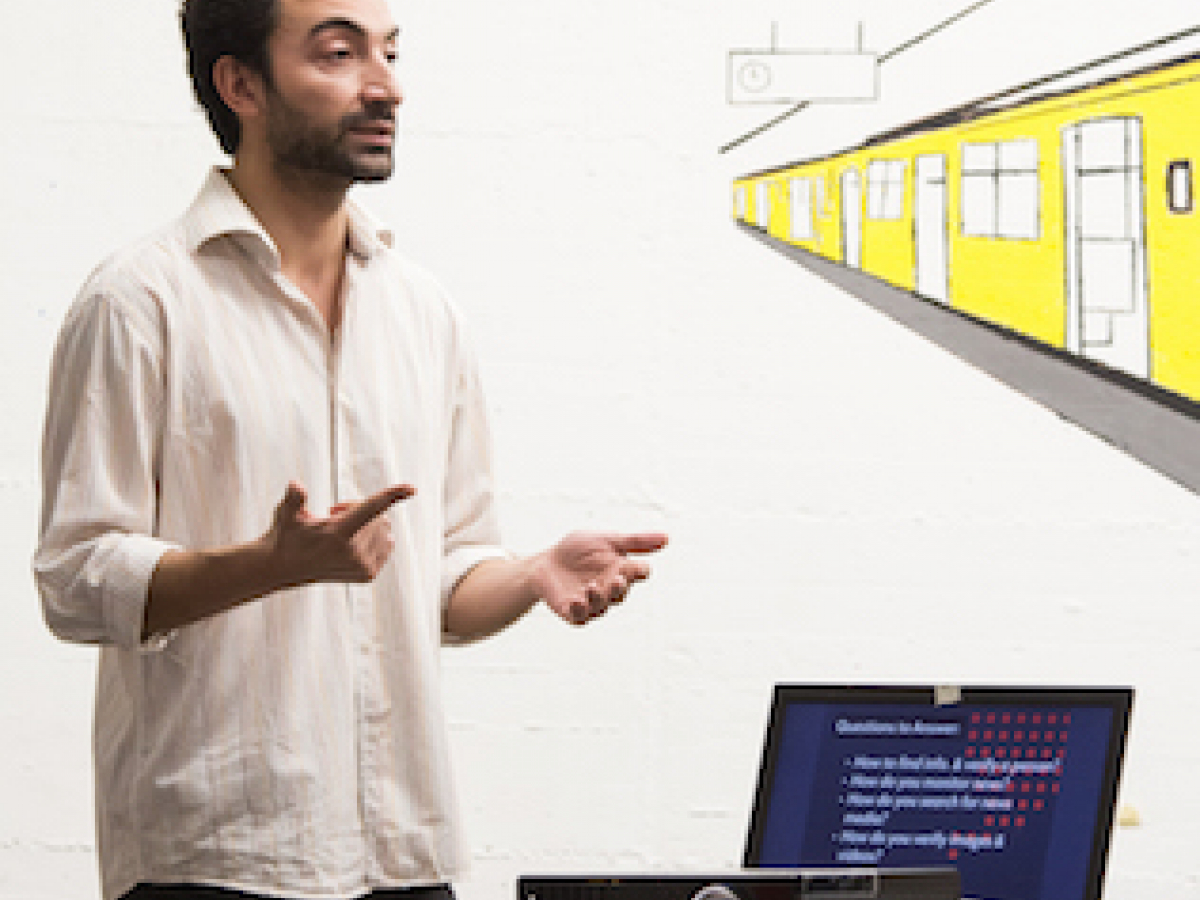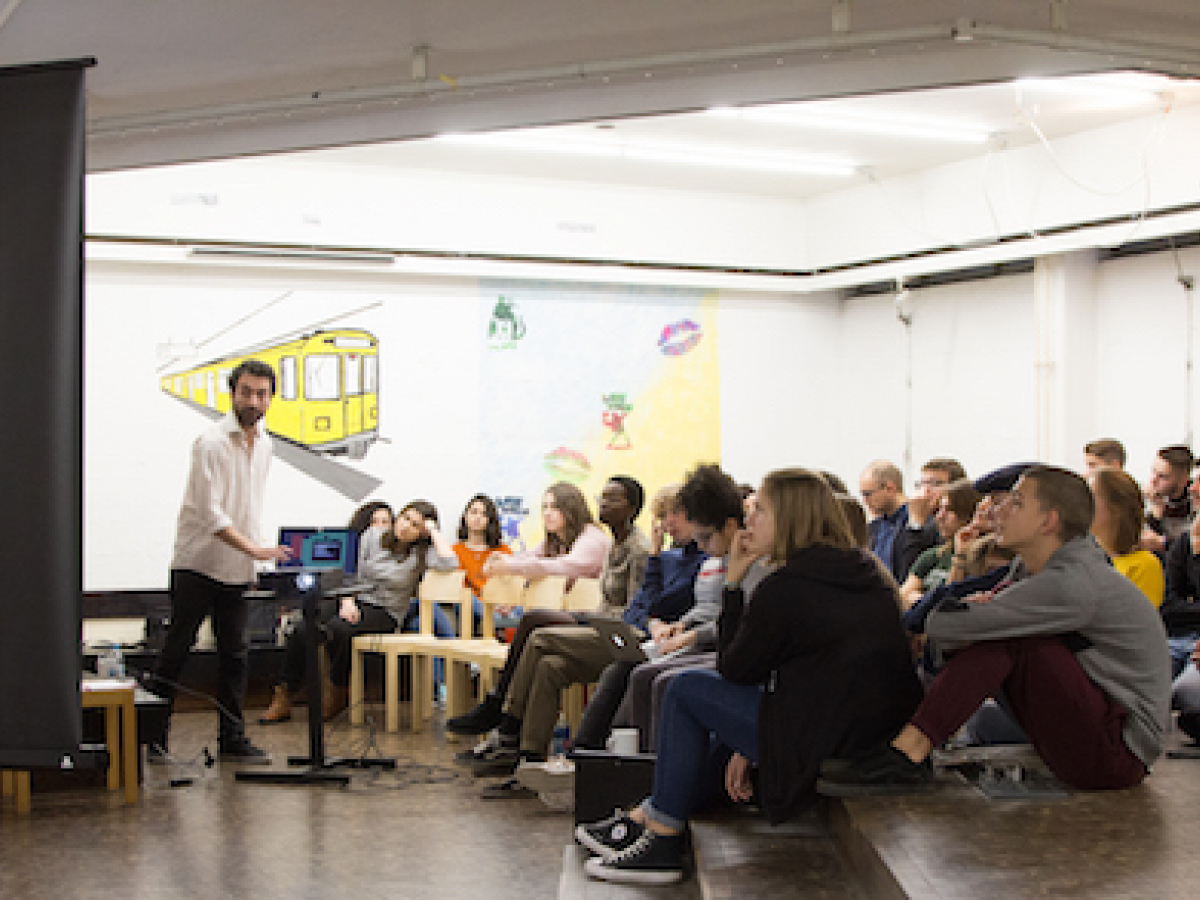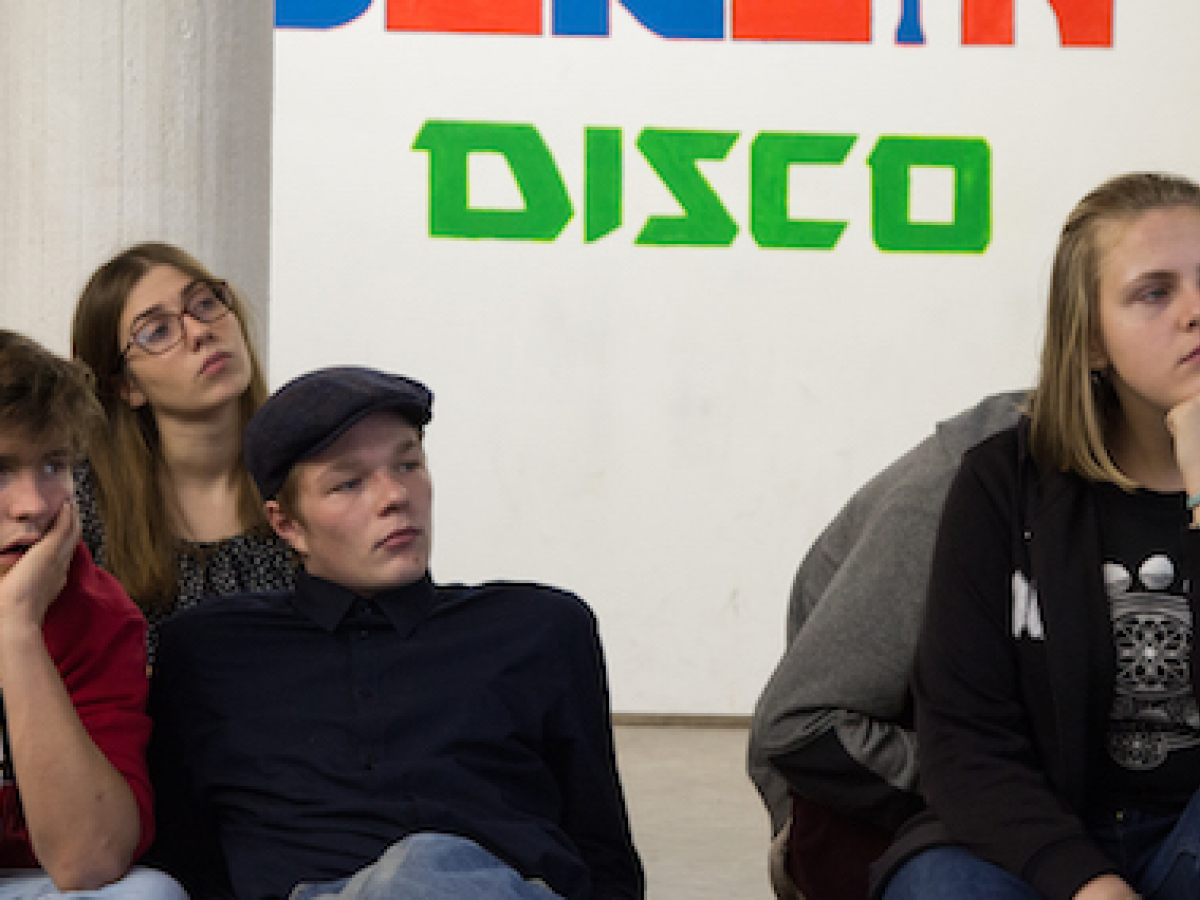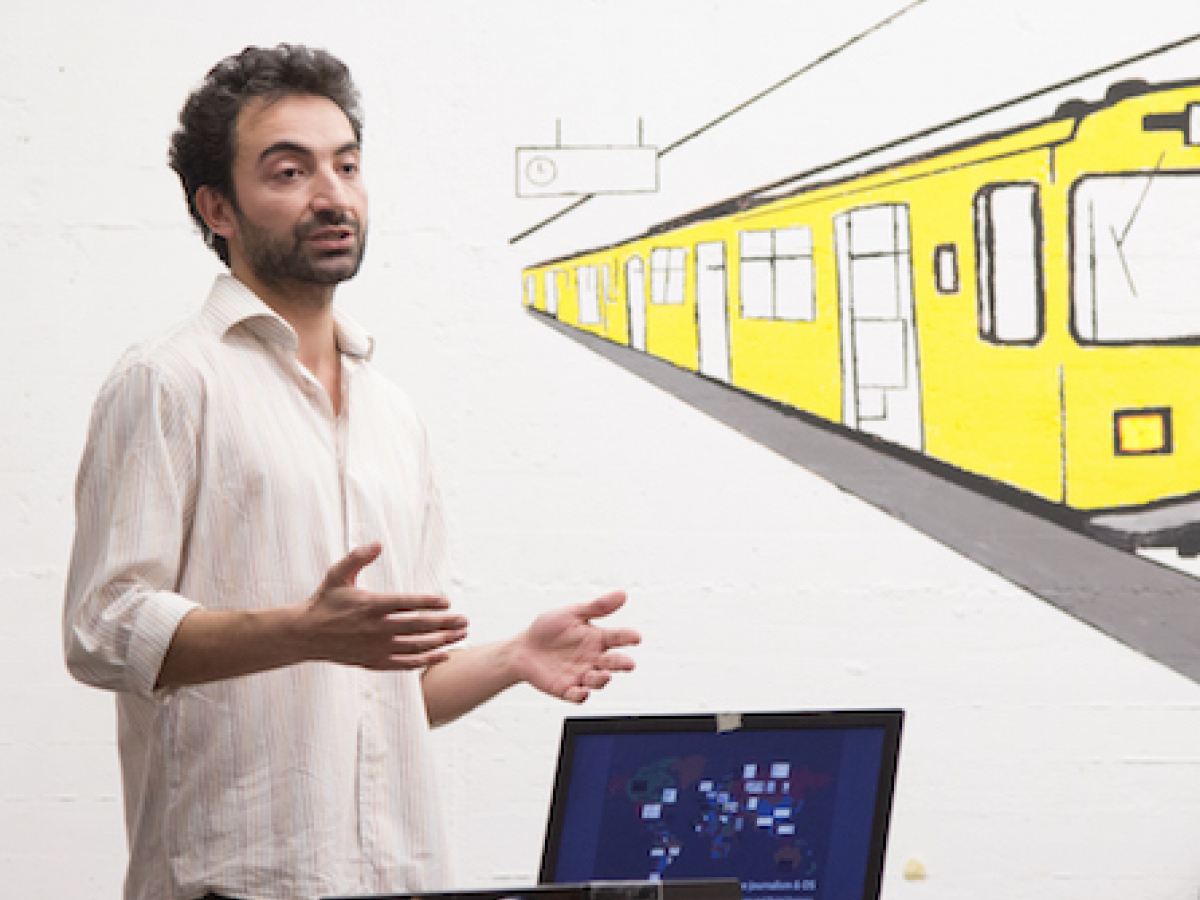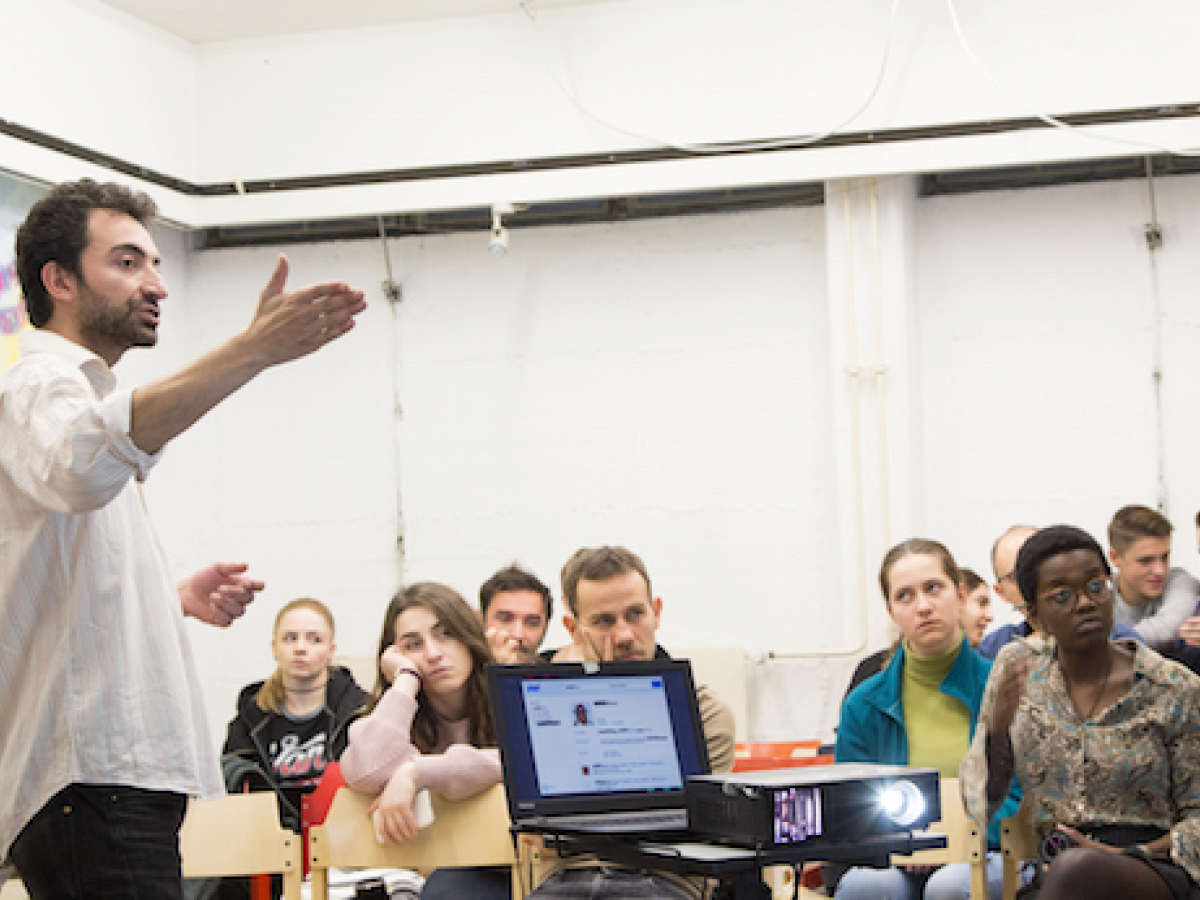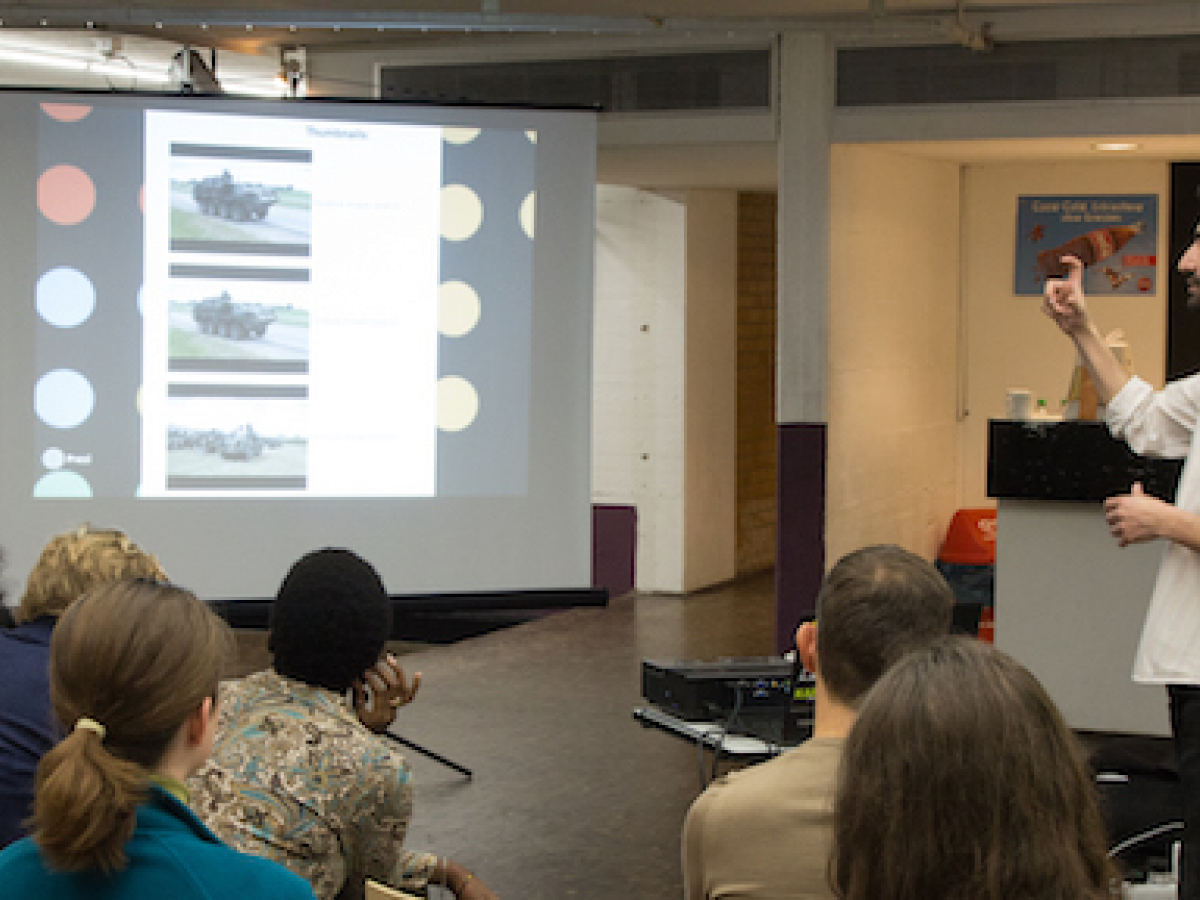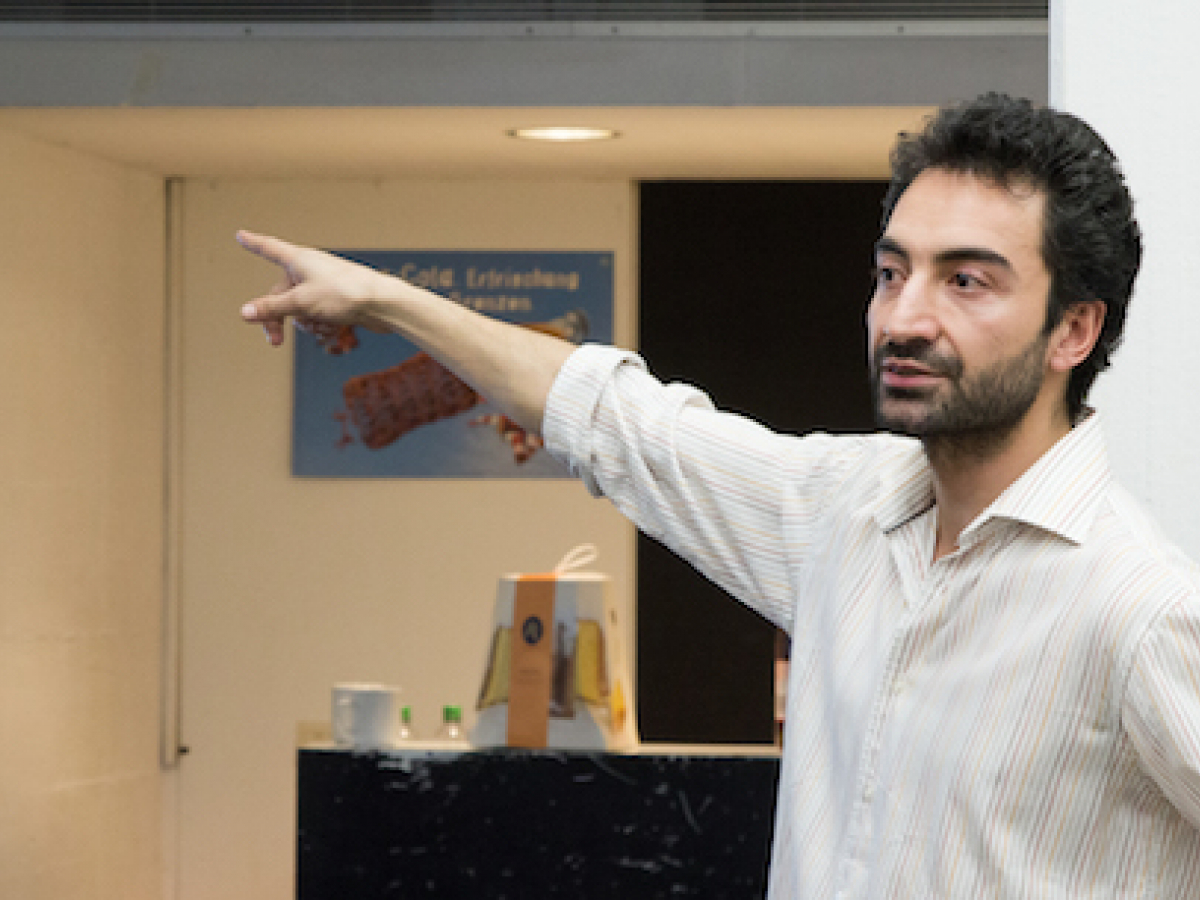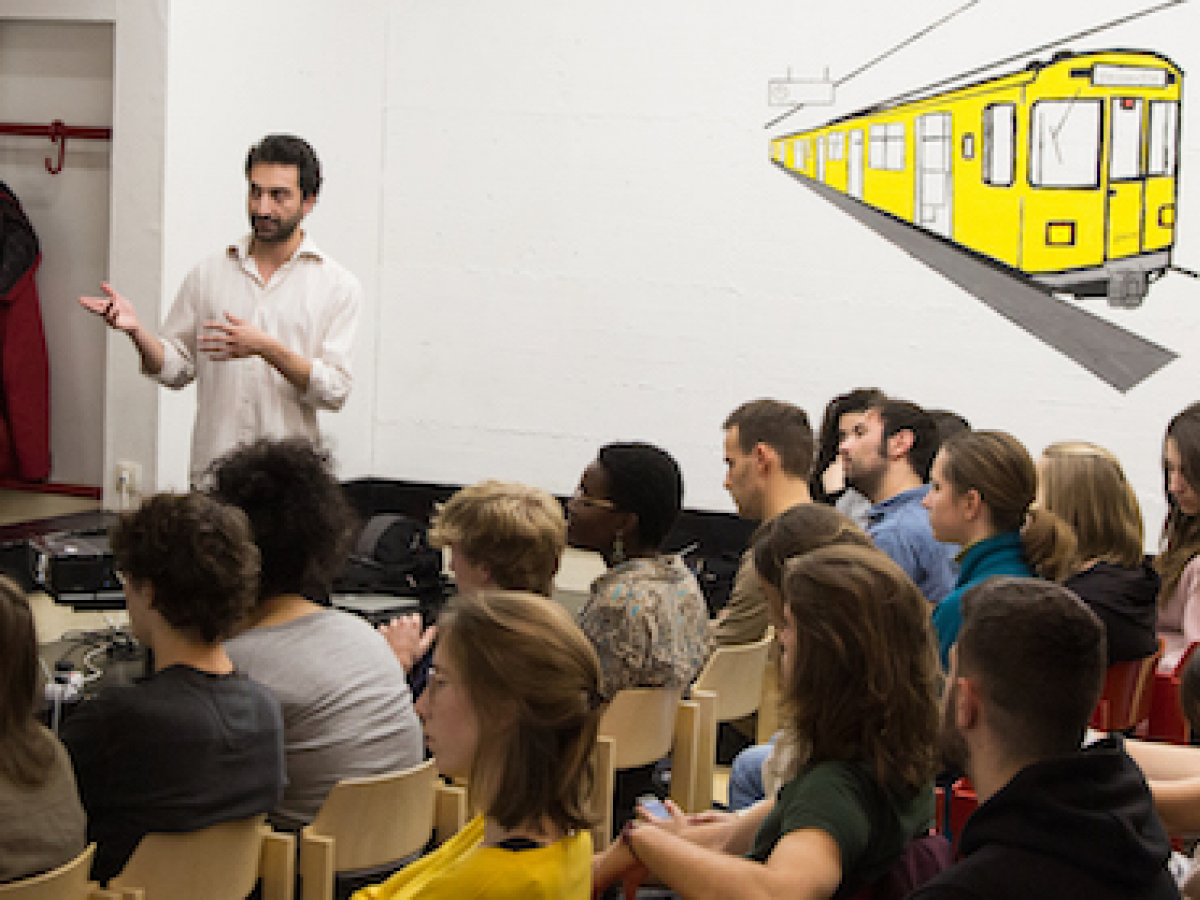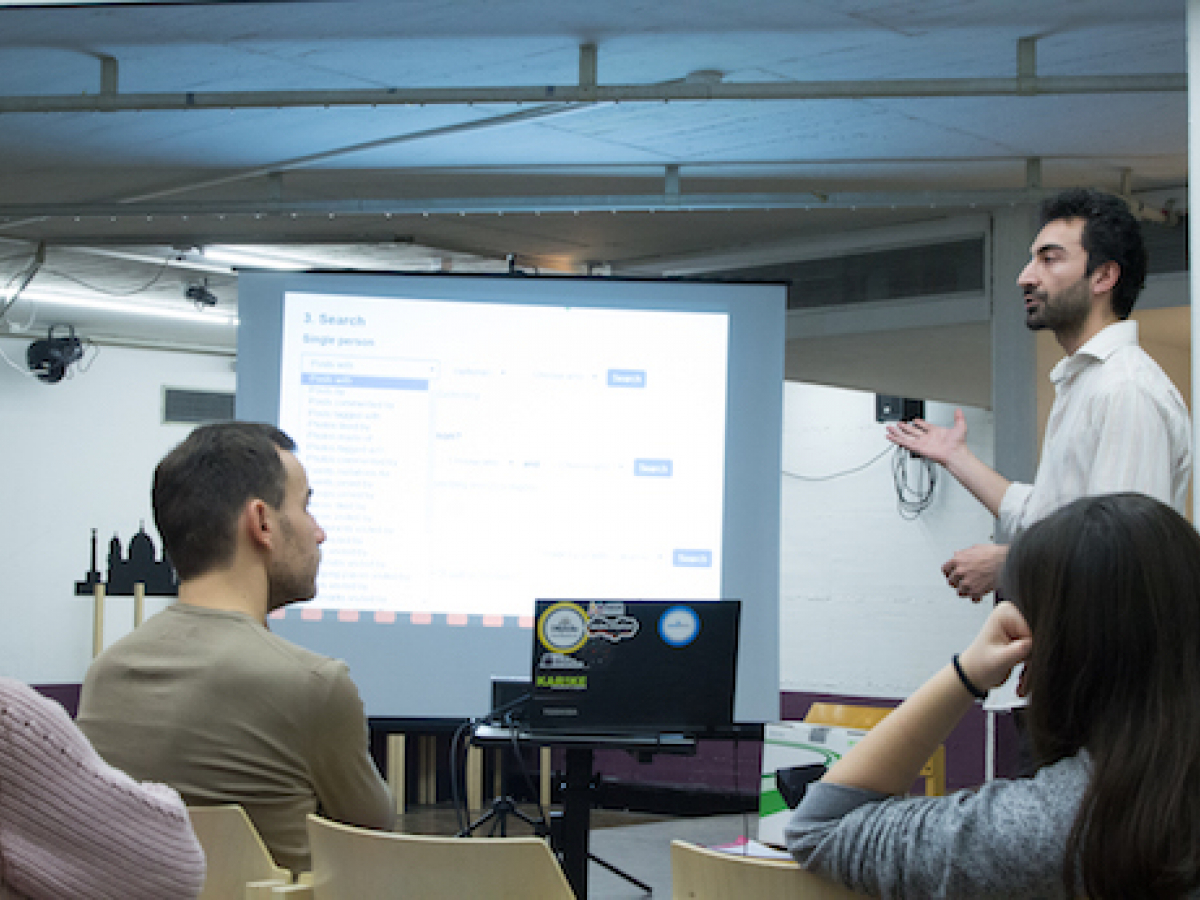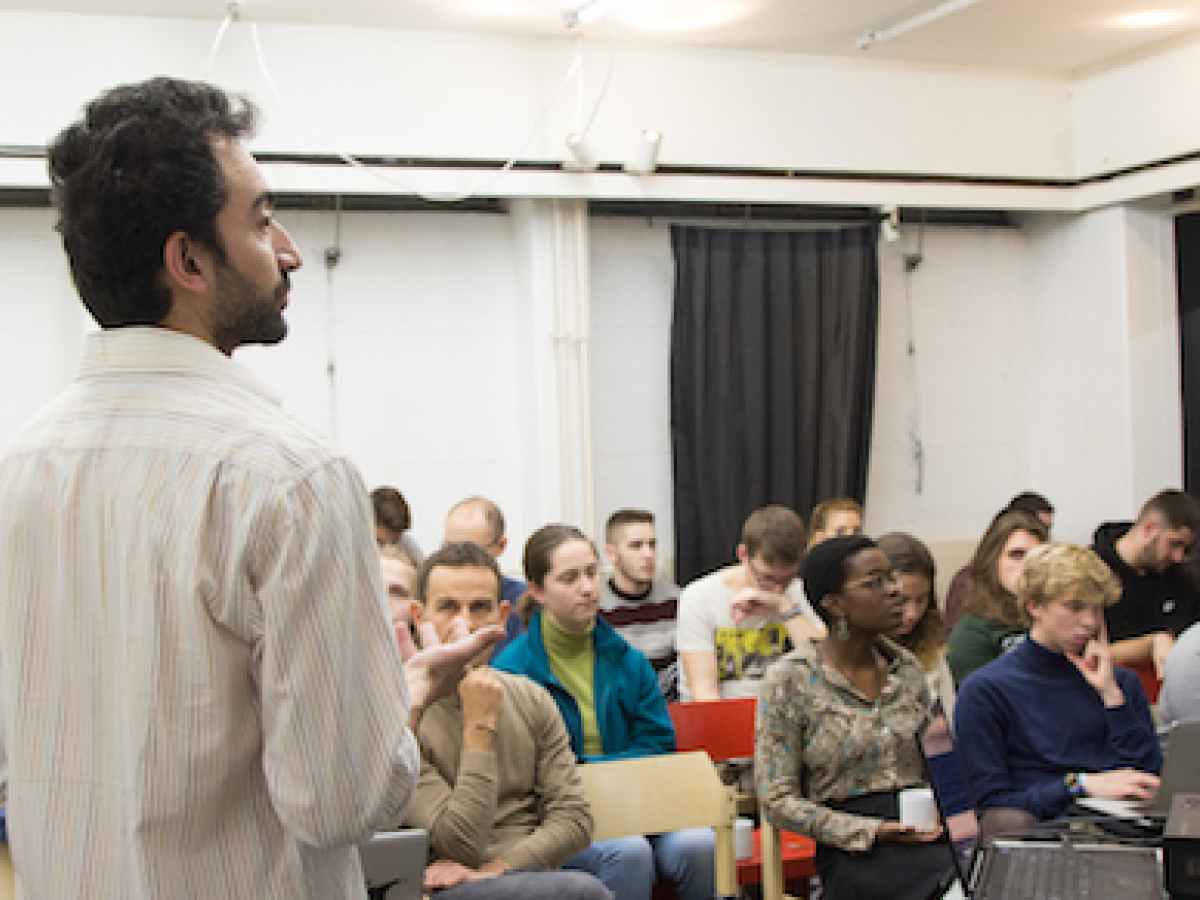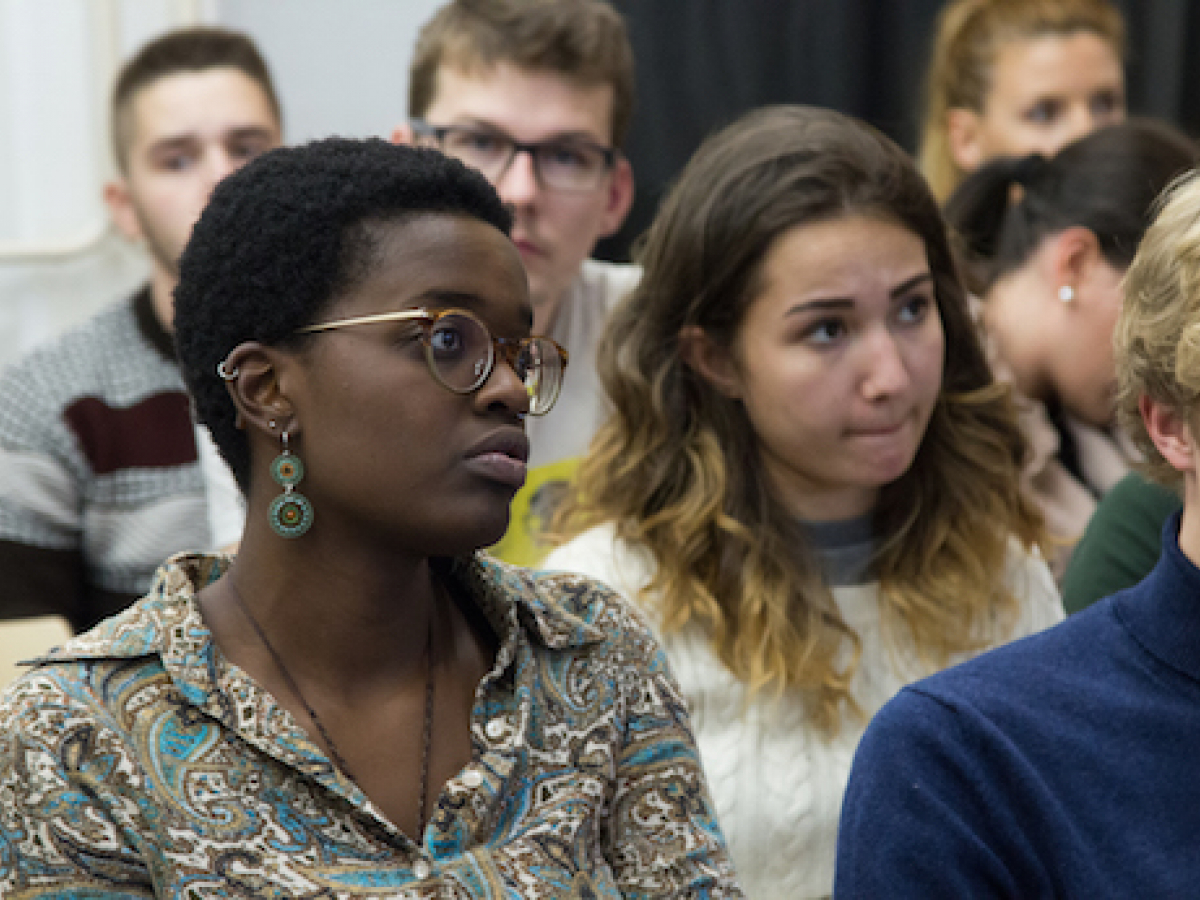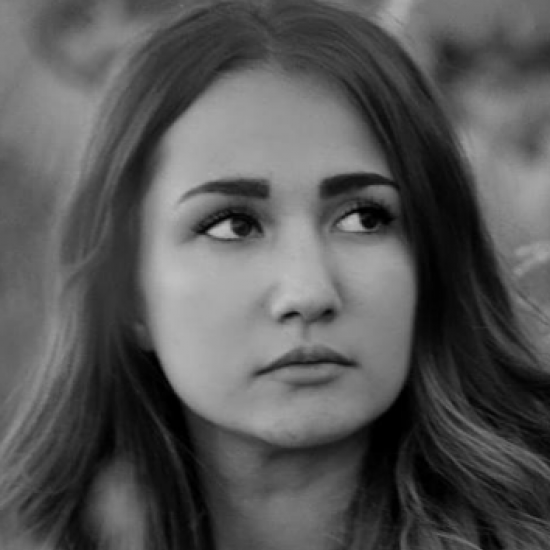Media literacy is a wide and general topic that existed before social media and other technological progressions. As the world evolves so do the people within it. In order to see if the term has evolved to a different meaning nowadays we focus on Germany. We went to the German television and news agency ZDF and asked some Berliners about their opinion about media education, media transparency and media awareness in Germany.
In 1988, Professor William G. Christ, a specialist in communication, from Trinity University in Texas describes media literacy as a term that has been used to refer to great ideas though can also been interpreted as a pedagogical tool for school teachers or parents. The term can also be used in the same context as media education.
Since the reformation of the social law in 2017 there is a German act called “Kinder-und Jugendstärkungsgezetz“ concerning the responsibility for teaching media literacy to child and youth services. Germany considers it a part of educational child and youth protection (erzieherische Kinder-und Jugendschutz).
The goal is to teach digital literacy and learn how to handle digital media. The act aims to educate children when it comes to media and more specific digital media. It starts from early on during vocational trainers and goes on to higher education till professional training. The strategy was created in 2016.
What does the German population think about media literacy in their country?
Student Olga (16): “It’s really obvious when you read German media if it’s right wing or left wing. Especially when it comes to subjects such as foreigners and immigrants. It’s written a certain way. The comments are also pretty explicit and express a certain ideology.”
The teenager thinks there is a massive awareness when it comes to media in Germany. Yet people aren’t actively doing something about the popularisation.
“I don’t understand why media is like this, but there’s nothing you can do.” According to Olga, media needs to be more transparent. But the nuance is in the journalist or medium that brings it.
Olga doesn't necessarily think schools need to dedicate time to media literacy but reading articles and discussing them from a critical point should be sufficient. On the question of if ZFD is transparent enough, Olga couldn’t answer as she doesn’t watch TV anymore.
Unlike Olga, Andreas (50) thinks German media is transparent. He thinks youngsters aren’t well informed when it comes to media knowledge. “It’s overrated but necessary. Of course there’s one-sided reporting and polarisation in media but such things occur in all areas of society. I think Germany is doing quite well reporting transparent messages and at least when it’s political bias I do agree with it.” In general Andreas thinks ZDF is quite transparent. “Media can manipulate its consumers but it depends on which topic they’re using and who the author is”.
Irene (45) thinks the five key questions to apply to media literacy skills are quite important. The first question you should ask yourself is: “Who created this message?” Then comes “Did the media use certain techniques to attract my attention?” Afterwards, you should ask yourself: “Do people understand this message differently?” Besides that you should look to the value of the messages that have been stated or “Why is this certain message being sent?
Irene thinks that should spread more awareness about the five key questions. Just like Olga, she thinks schools should provide time to analyse a newspaper and be critical about it, compare articles about the same topic by finding different techniques that have been used.
German public-service television broadcaster ZDF runs as an independent non-profit institution, which was founded by all federal states of Germany (Bundesländer). The broadcaster is financed by television licence fees and advertising revenues. The spokesperson of ZDF, Ann-Kathrin Oster replied on the statement from the interviewed Germans.
According to Ann-Katherin, media literacy is all about raising children’s awareness of using media correctly. ZDF tries to be as transparent as possible as it’s a public broadcaster. They regularly give guided tours at their sister location in Berlin. Sometimes people also pay a visit out of curiosity. Children between 11 and 12 are also welcome but it’s logical that they don’t receive the same information as the adults who come to visit. Children like to ask technical questions such as the financial side or how the editorial aspects work. ZDF tries to involve people in their process of making media so that it becomes accessible.
Unlike Germany, Italy has no binding act assigning responsibility for teaching media literacy to child and youth services and considers it part of educational child and youth protection. The declaration of Internet Rights only consider the importance of transparency and free accessibility.
Germany seems more advanced because they see it from a legal point of view considering people’s safety on the net.
On July 28, 2015, the Italian chamber Laura Boldrini presented the declaration of Internet Rights, a fundamental document to guarantee each individual the exercise of an active digital citizenship respecting freedom, dignity and diversity of each person.
“This Declaration of Internet Rights is founded on the full recognition of the liberty, equality, dignity and unique diversity of each individual. preserving these rights is crucial to ensuring the democratic functioning of institutions and avoiding the predominance of public and private powers that may lead to a society of surveillance, control and social selection”
The text identifies a series of general principles that embrace the various issues related to the use of the internet: the right to knowledge and education on the net, the neutrality of the network, and the right to identity. The declaration is based on the full recognition of freedom, equality, dignity and diversity of each person. The guarantee of these rights is a necessary condition to ensure the democratic functioning of the institutions.
After the declaration the Italian case study “Generazioni Connesse“ followed. It’s a project developed by the Italian ‘Safer Internet Centre’ co-funded by the European Commission.
The aim is to become a national reference point on topics related to a safer and better internet for young people as well as encouraging the right conditions for the promotion of initiatives that help make the internet a better and more trusted place for children and young people. The project is primarily addressed to children and adolescents between six and eighteen years old. However, parents, educators, teachers and youth professionals will be involved.
This is a landmark online platform about internet awareness and safety in order to address topics as diverse as media sustainability and media and information literacy. Moreover, it gives users emergency tools such as Hotline, responsible for collecting and giving notice to reports. This is sent anonymously, regarding child pornography and other illegal / harmful contents disseminated through the network.
The hotline for help is 1.96.96 and the Telefono Azzurro chat welcomes any request for listening and help for children and adolescents up to eightteen years of age or adults who want to deal with situations of hardship / danger in which they find themselves. Its goal is therefore to support young people to deal with the relationship with new technologies offering them information and critical tools useful to promote a positive use of the network and to prevent possible situations of danger, as well as ensuring a space for listening and comparison.
Italy went a step further in media literacy in July 2015 with the “Internet Rights Charter”. In particular, Article 3 mentions “everyone has the right to knowledge and education on the net - Public institutions are always entrusted with the task of ensuring "the creation, use and dissemination of knowledge on the Internet as an accessible and usable asset on the part of every subject".
